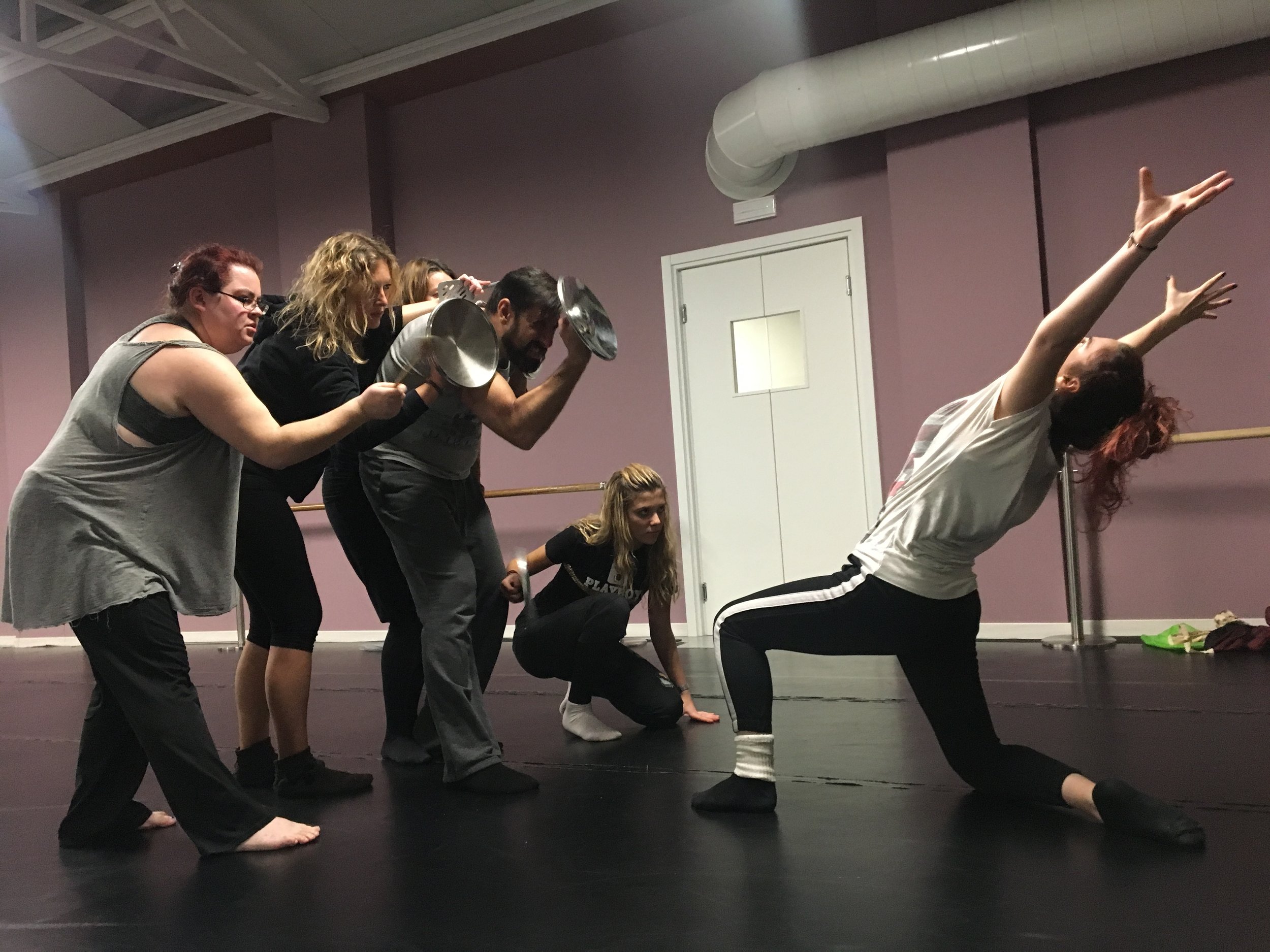STUDY ABROAD
THTR 341 - Studies in Dramatic Form
TOPIC: International Devised Theatre
Instructor: Denise Yvette Serna | dserna@luc.edu
Summer 2024 Session B: 1 July – 9 August (Italy 29 June – 31 July) 3 weeks in Piacenza, Italy, 1 week at the Loyola John Felice Rome CenterThis course studies the various structural forms drama has taken throughout history. In particular it looks at collective creation of performance texts and spectacle, with a focus on localized cultural and political history, embodied performance, and engaging students with their own roots while immersed in other cultures.
Outcome: the student will be able to distinguish and express various dramatic forms as well as their roots in their cultures and will have a vocabulary with which to discuss and evaluate them.
APPLY NOW
~
APPLY NOW ~
Join international theatre artists to develop a new piece of theatre inspired by your exploration of Italy. In collaboration with local theatre companies, historical sites, and performing arts spaces, students will immerse themselves in a site-specific devised workshop production process. Students will train in ethnographic research, stage movement, devised theatre techniques, and multi-lingual performance, while integrating the strategies of Theatre of the Oppressed and Disability Justice into the creation of pluralistic theatrical experiences. At the end of the process, students will have the opportunity to present their work to the public at contemporary and historically significant theatre performance spaces.
In addition to garnering multi-venue performance credits, students learn from local industry leaders through discussions and master classes related to movement theatre, clownery and storytelling, voiceover podcast and radio, videomaking, photography and video art for theatre, puppetry and shadow theatre, acting for musical theatre, dance, visual arts, costumes, lighting design and set design.
Text generation, ATLANTIDE, Piacenza 2020
IF YOU ARE INTERESTED IN:
STAGE MANAGEMENTACCESSIBILITYPERFORMANCEDESIGN (COSTUMES, LIGHTING, SOUND, PROPS, MASKS, PROJECTIONS)PLAYWRITINGDANCE AND STAGE MOVEMENTMUSICAL COMPOSITIONINTERNATIONAL EXCHANGECOMMUNITY ENGAGEMENTPERFORMANCE ARTSCULPTUREPUPPETRYNEW PLAY DEVELOPMENTDRAMATURGYDIRECTINGPRODUCTION MANAGEMENTMULTILINGUAL PERFORMANCESUSTAINABLE PRACTICESJOURNALISMITALIAN LANGUAGE AND LIT
THEN THIS COURSE IS FOR YOU!
LEARNING OUTCOMES
After taking this course, students will:
Gain a geographic understanding and familiarity of the region.
Gain an understanding of the cultural importance of the region in the history of imperialism and artistic expression.
Be able to speak fluently about collectively created theatrical performances, and diverse styles of performance.
Develop an embodied understanding of how experiential and ethnographic research can lead to public theatrical experiences.
Experiment with how interactive theatre techniques can be applied to specific community contexts and pedagogies to serve as a catalyst, convener, and/or forum for positive change.
Gain a historical, cultural, and geographical context to place these experiences in
Understand some of the key differences between American and Italian Theatre in terms of form, organization, and economic factors.
Understand the creative process as an active and engaged mode of national and global citizenship.
Develop collaborative partnerships with their peers in reflecting on their experiences and synthesizing it for others.
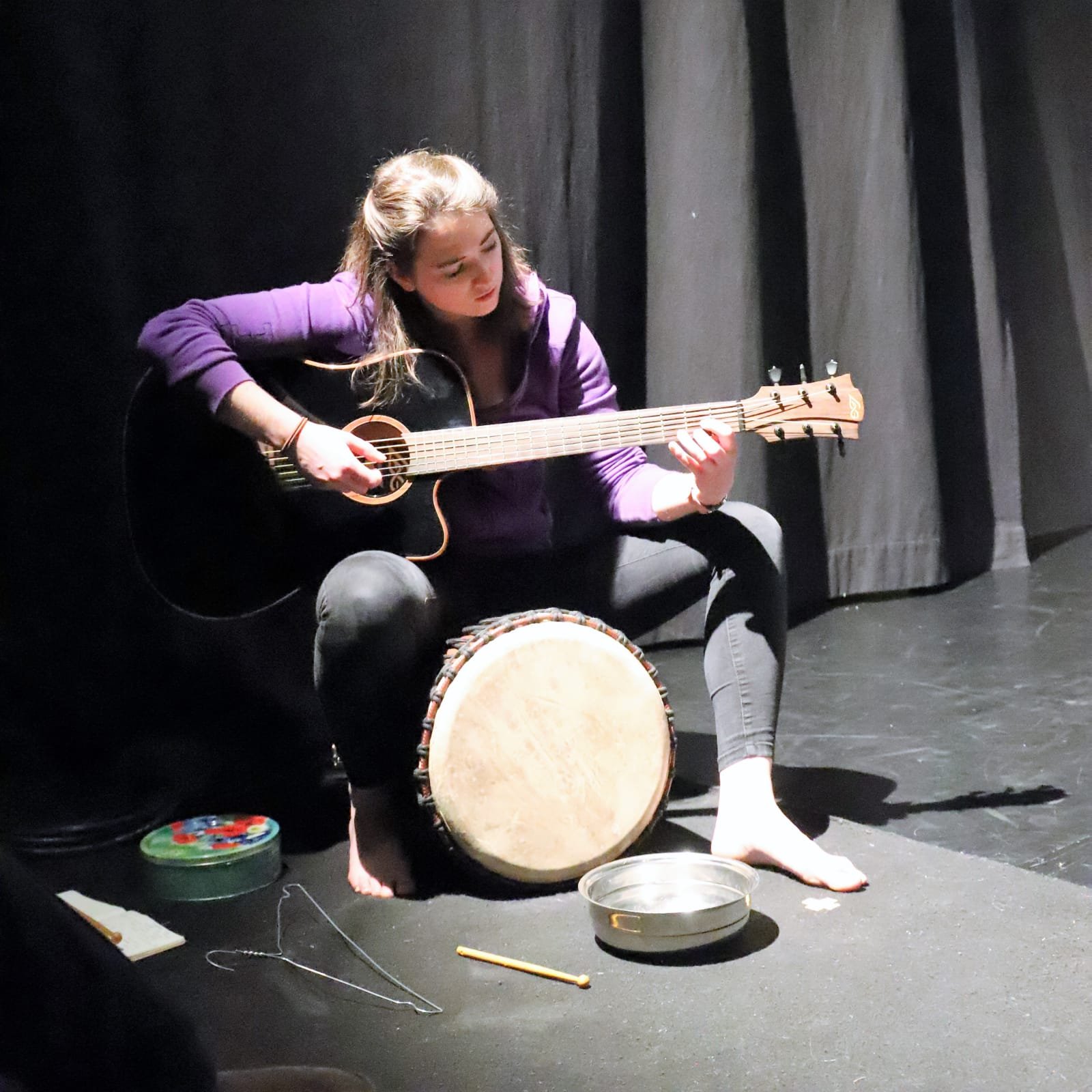
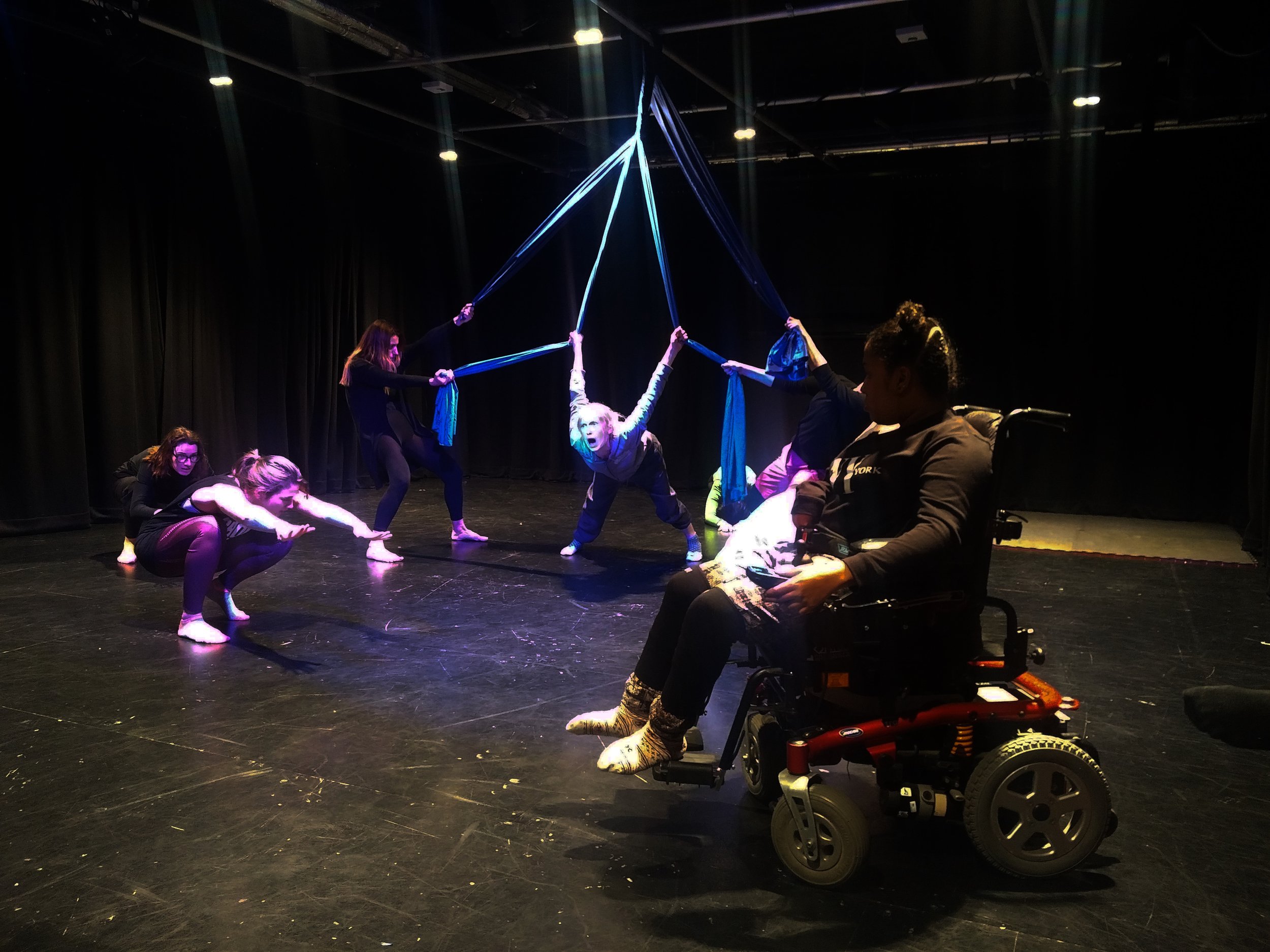
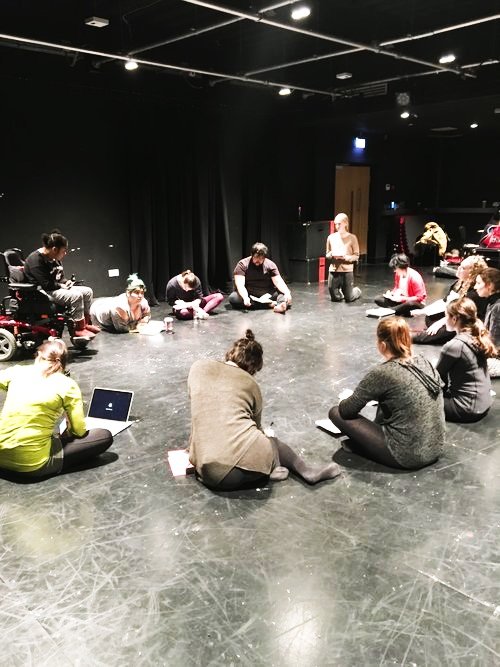
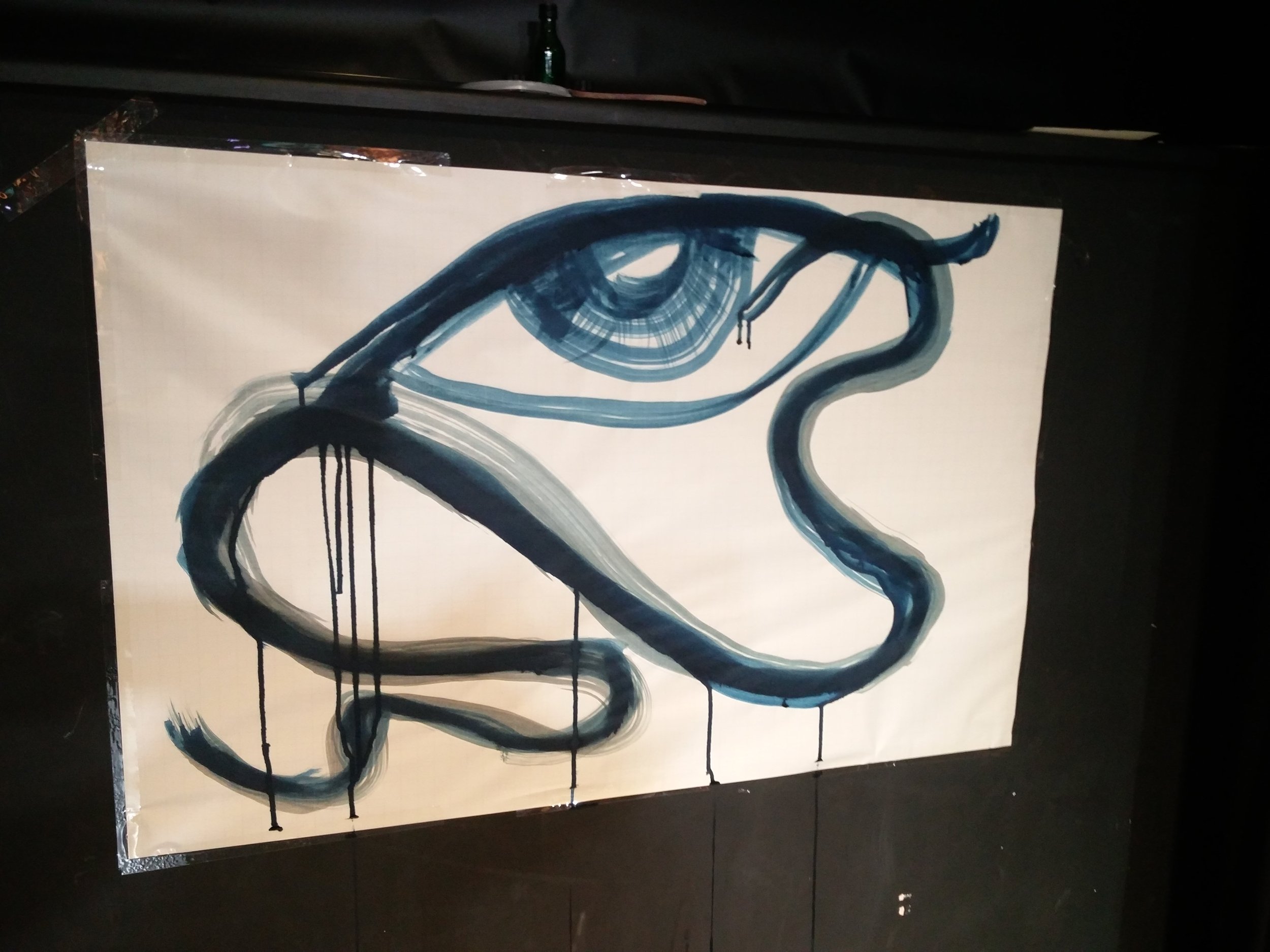
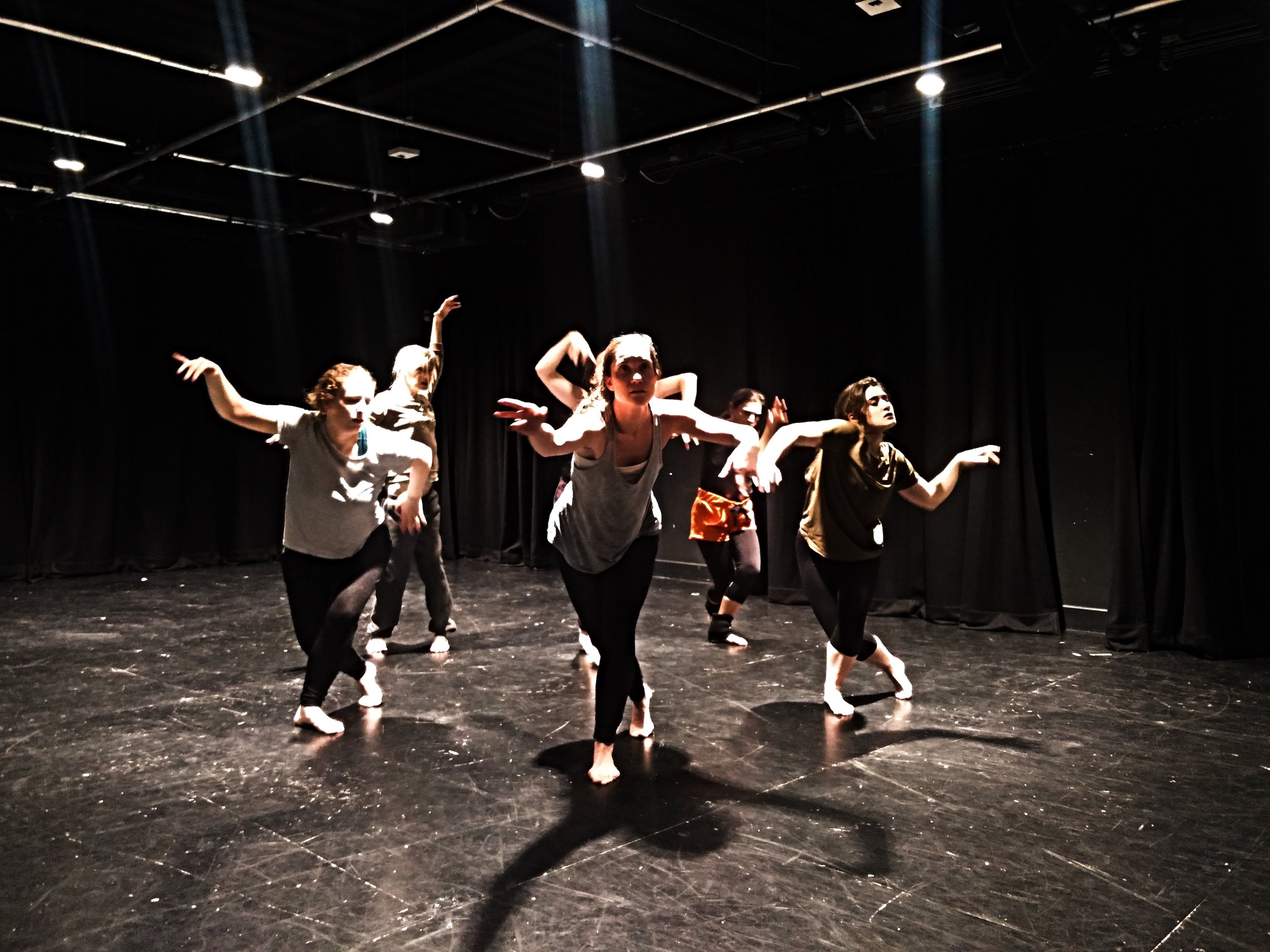

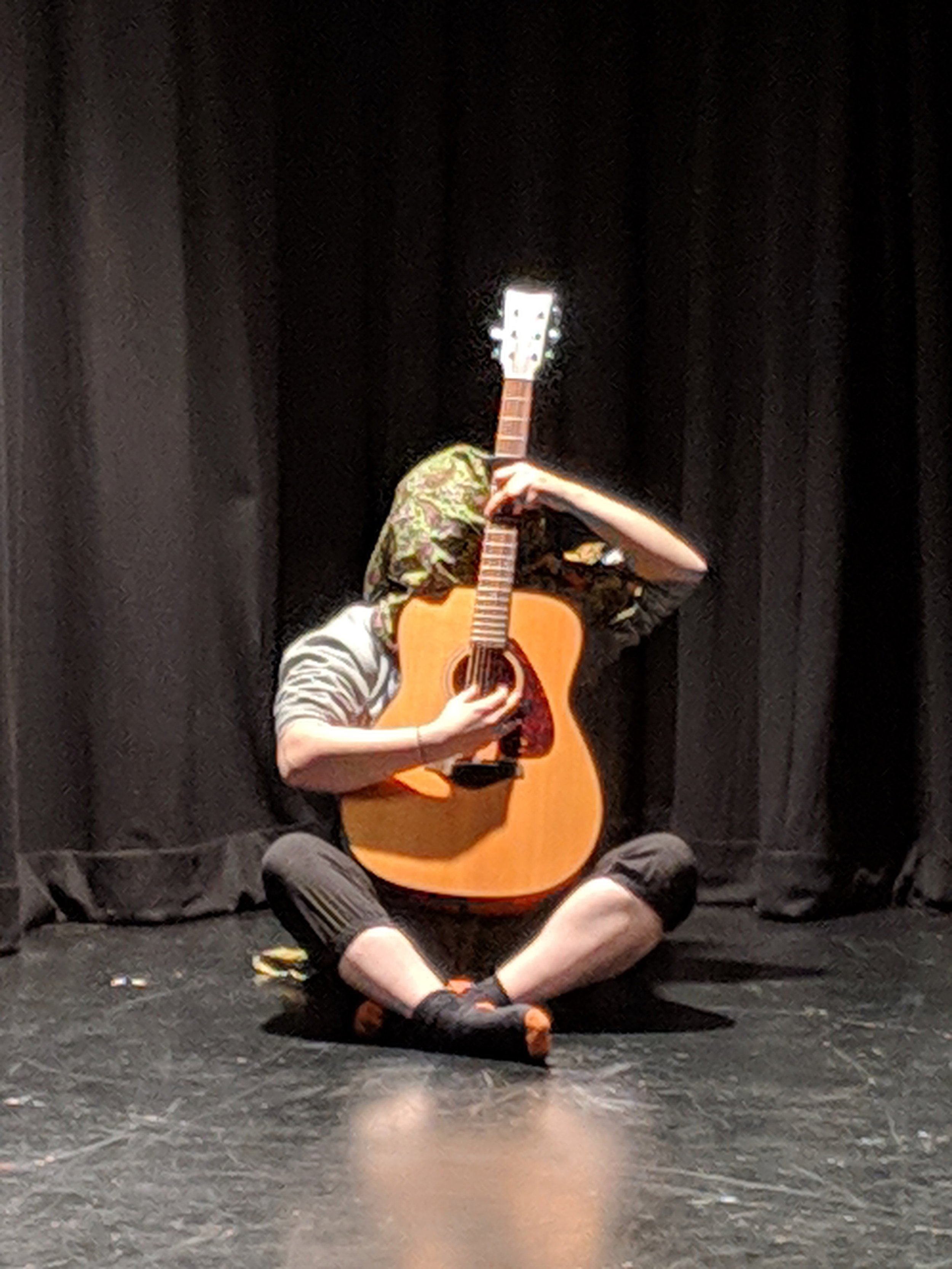
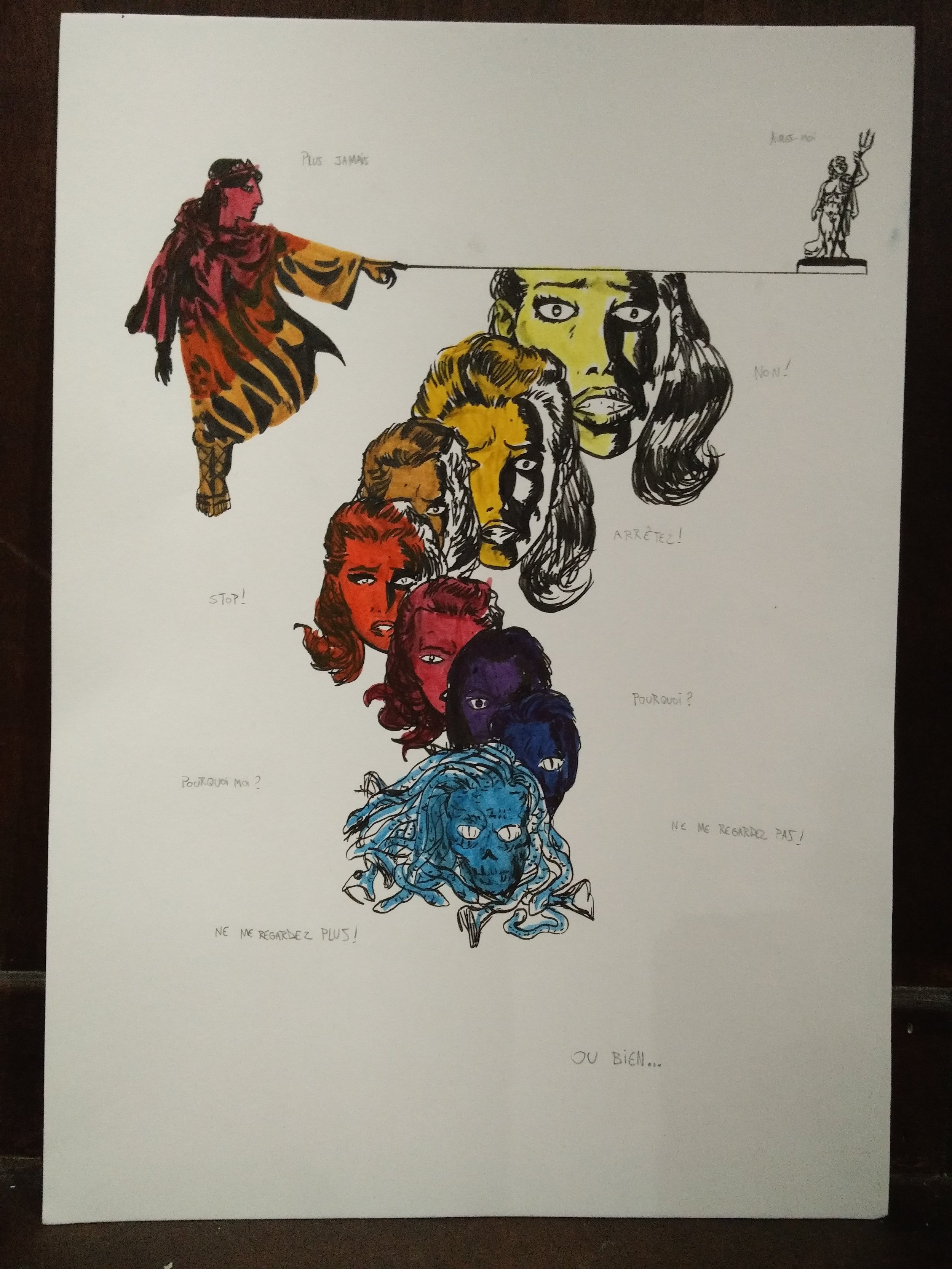
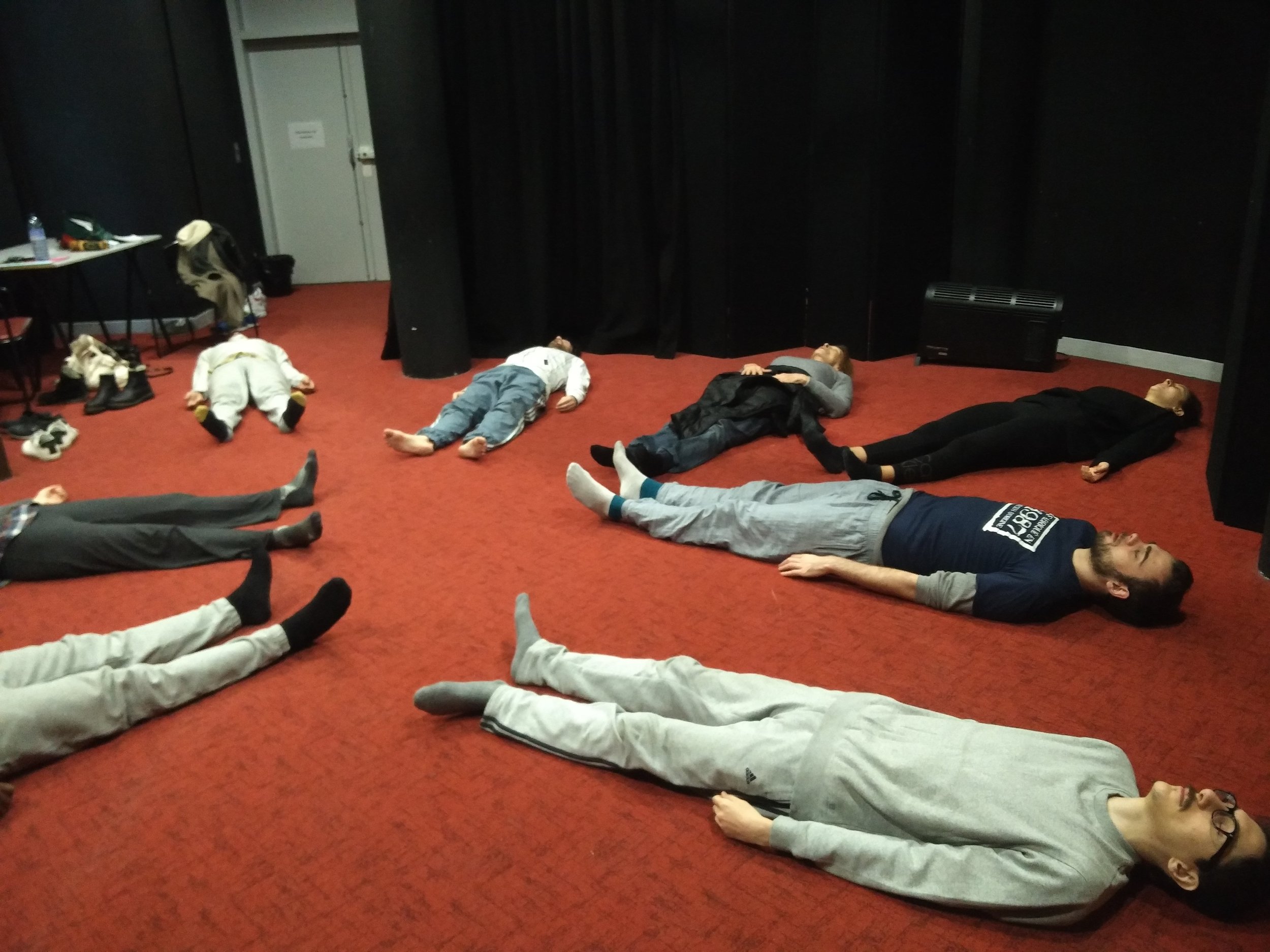
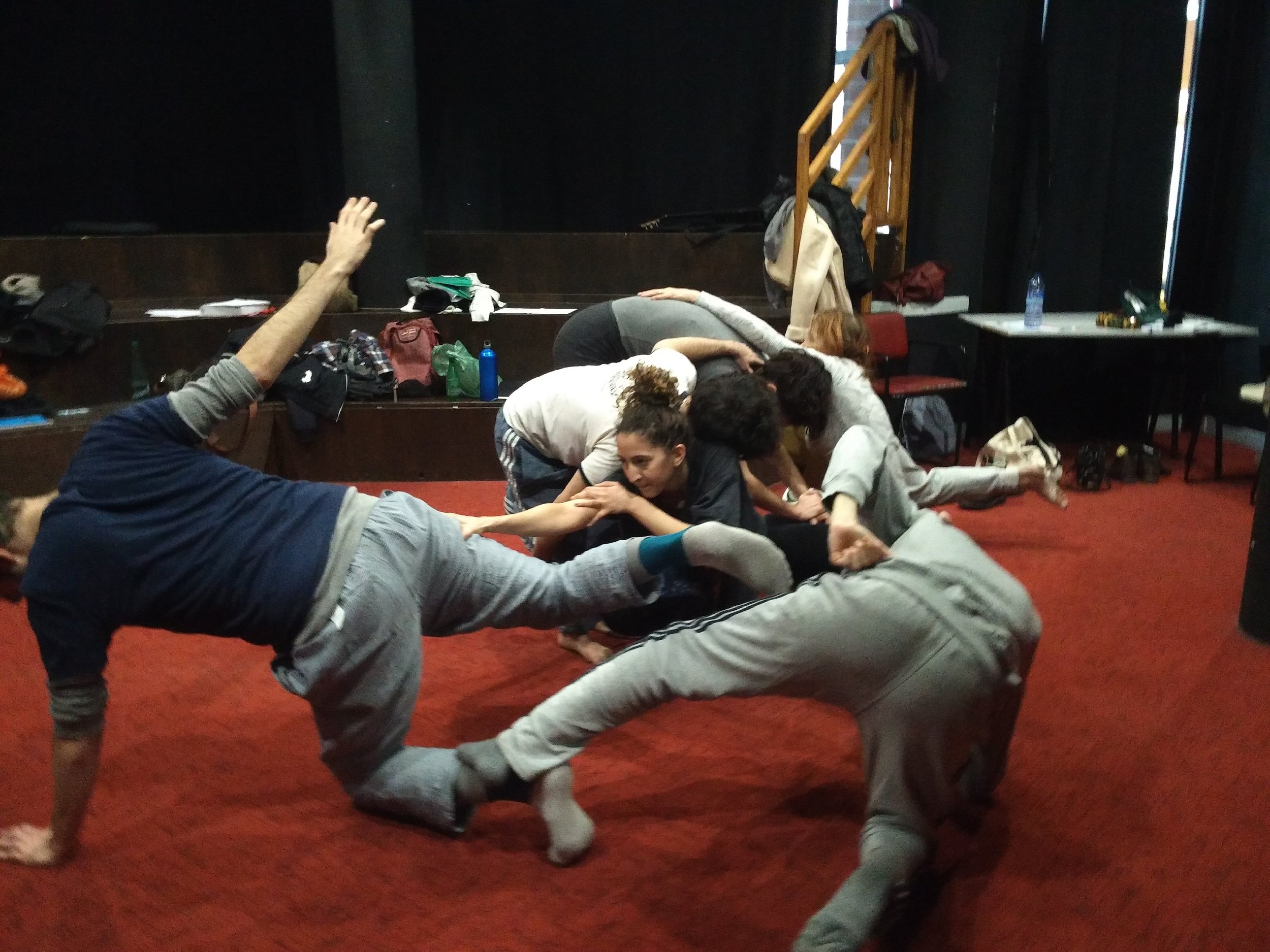
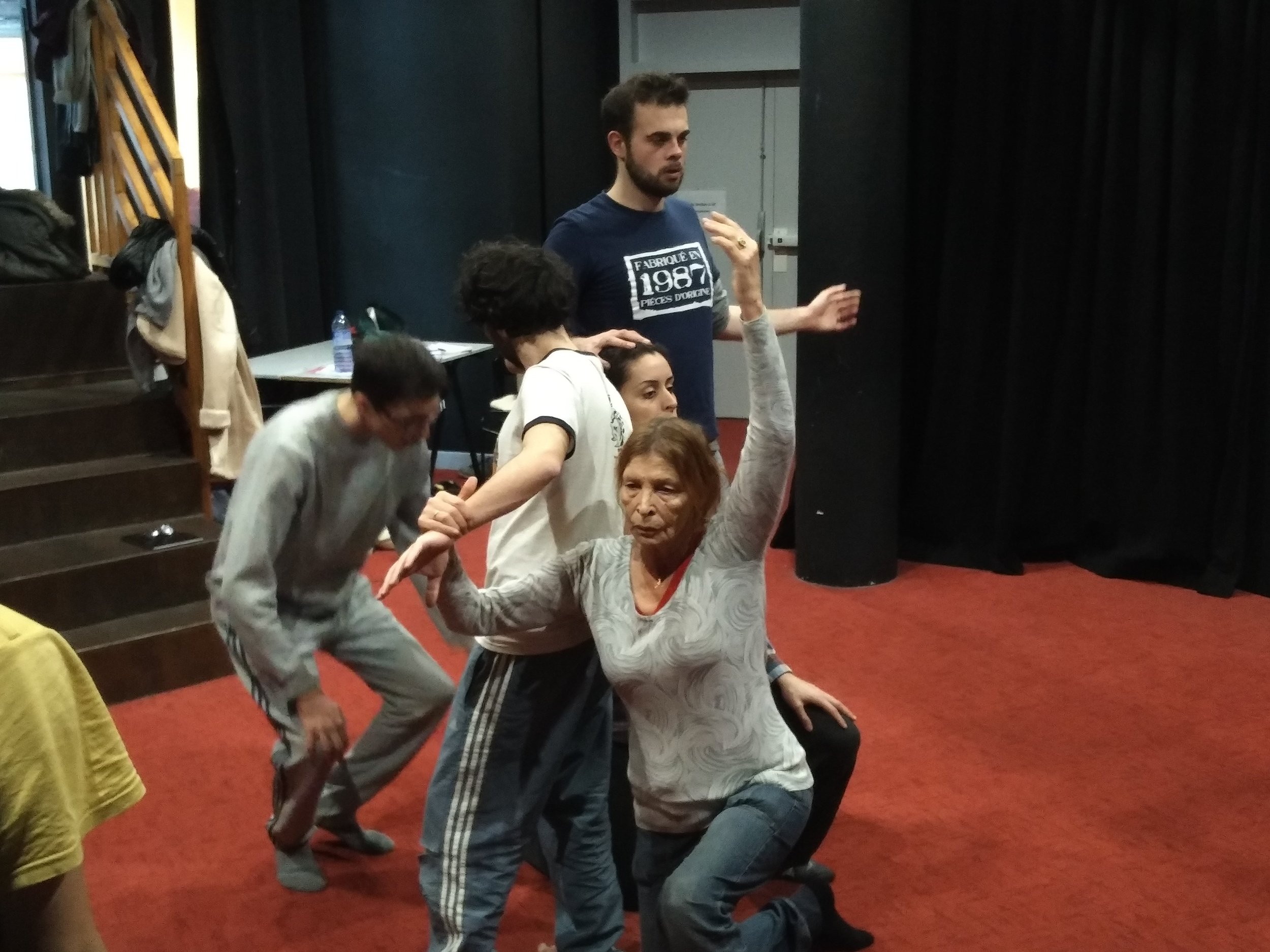
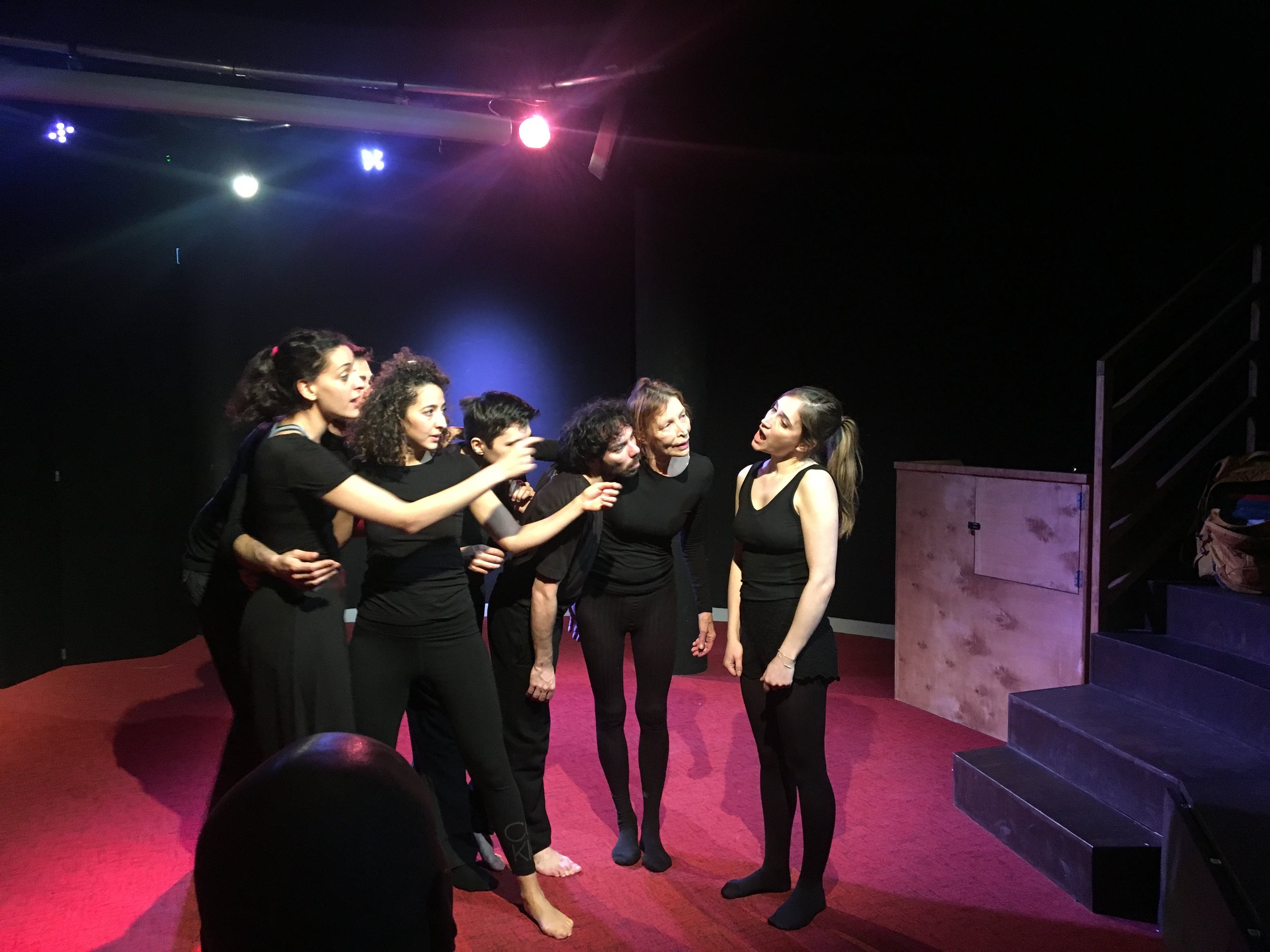
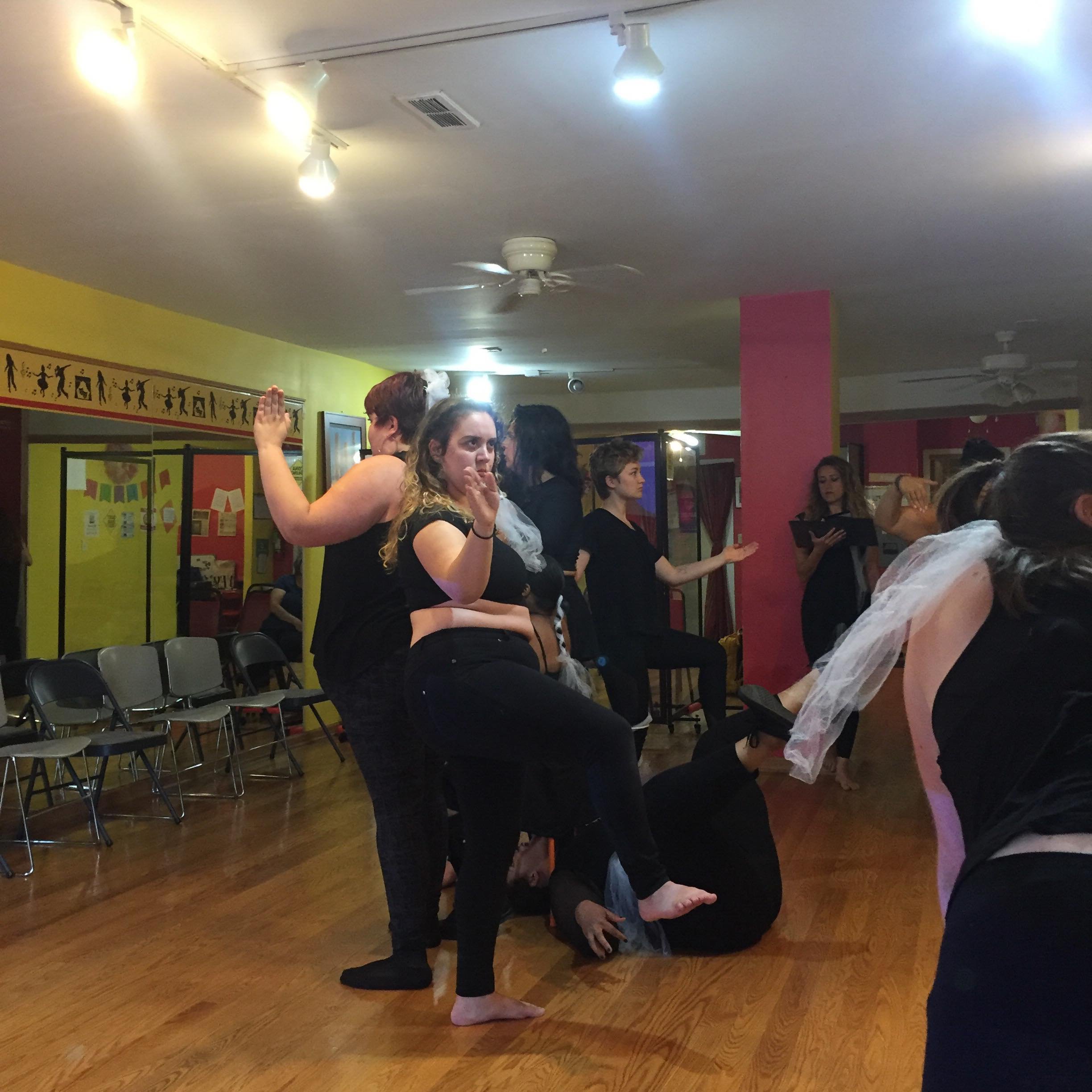
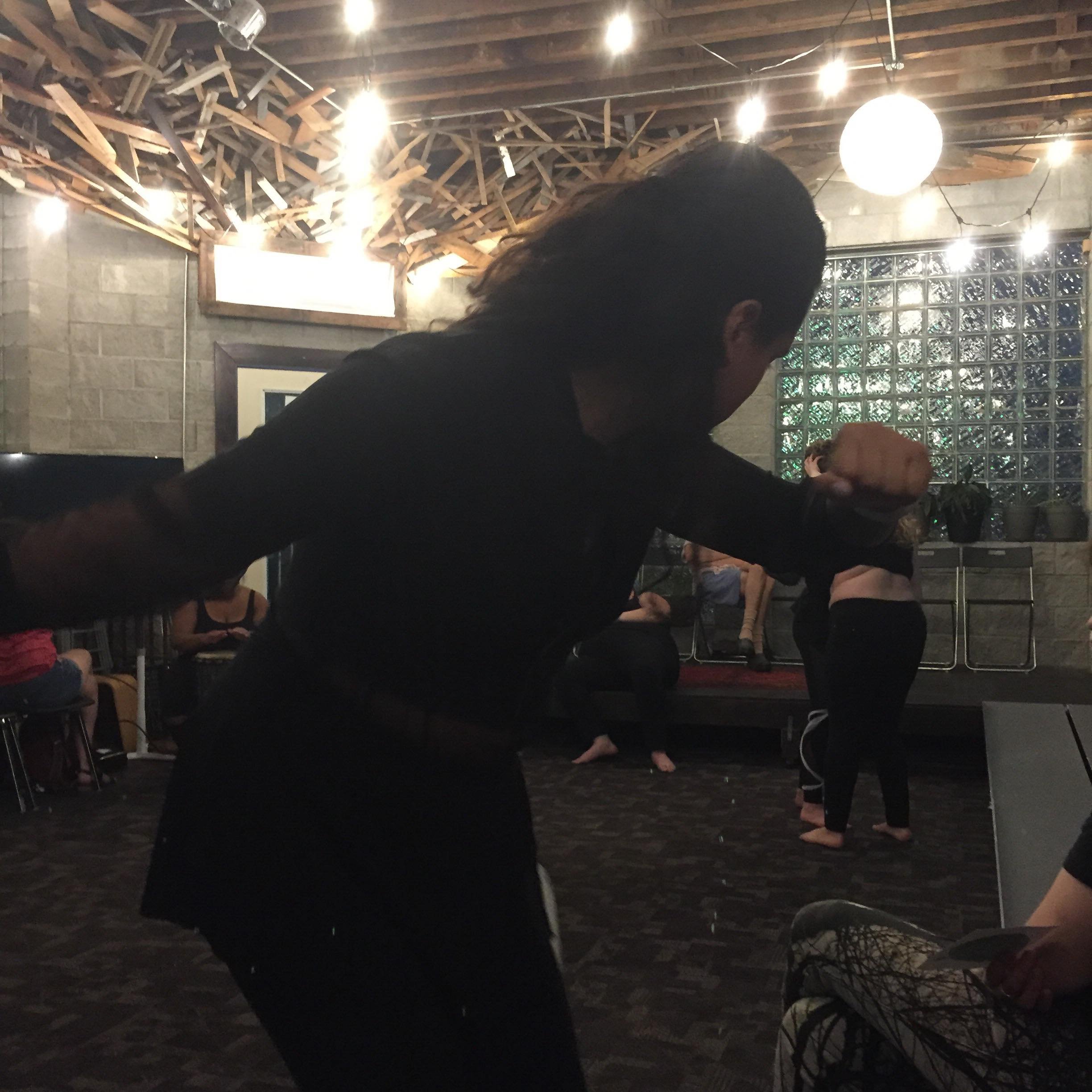
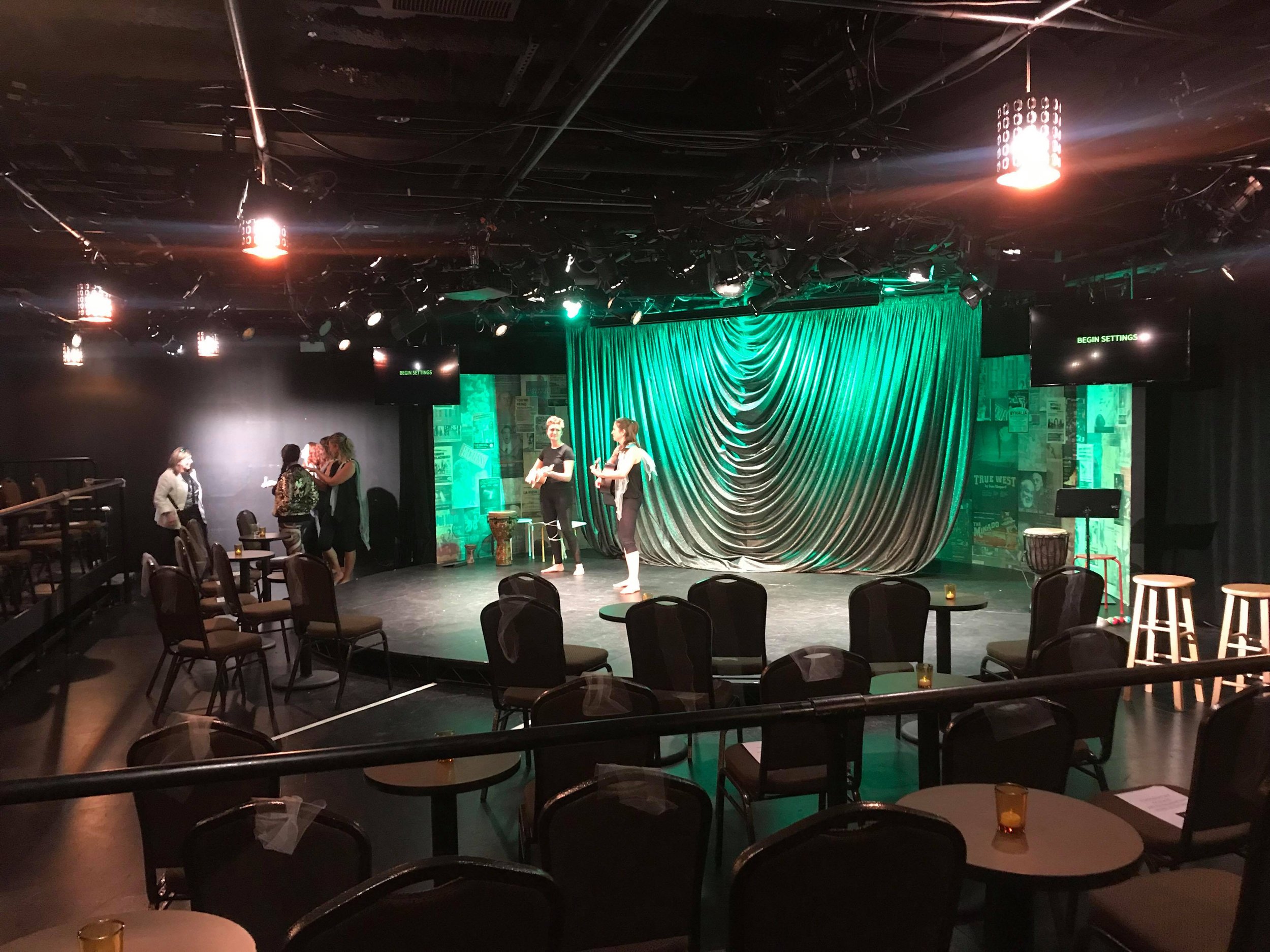
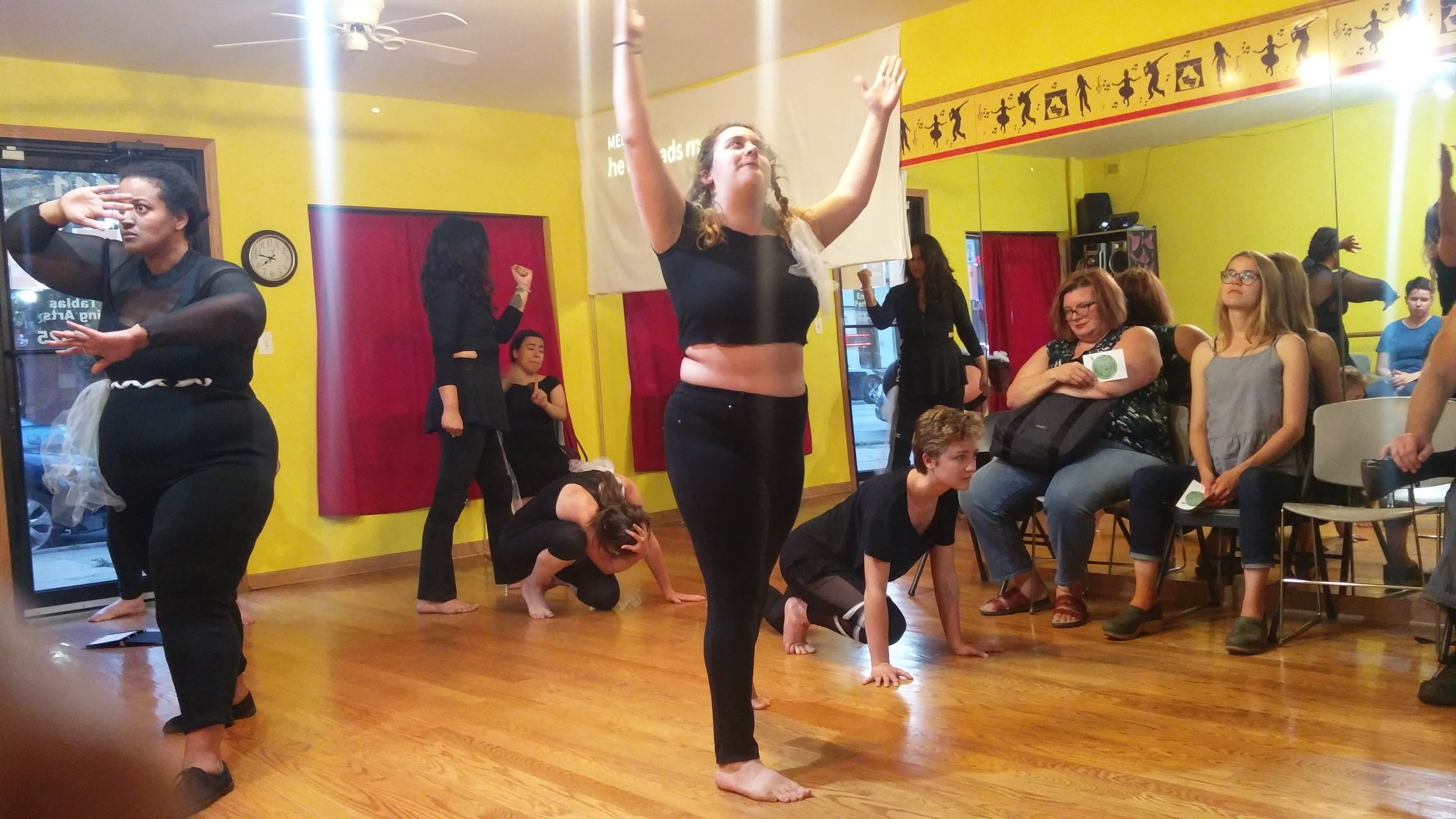
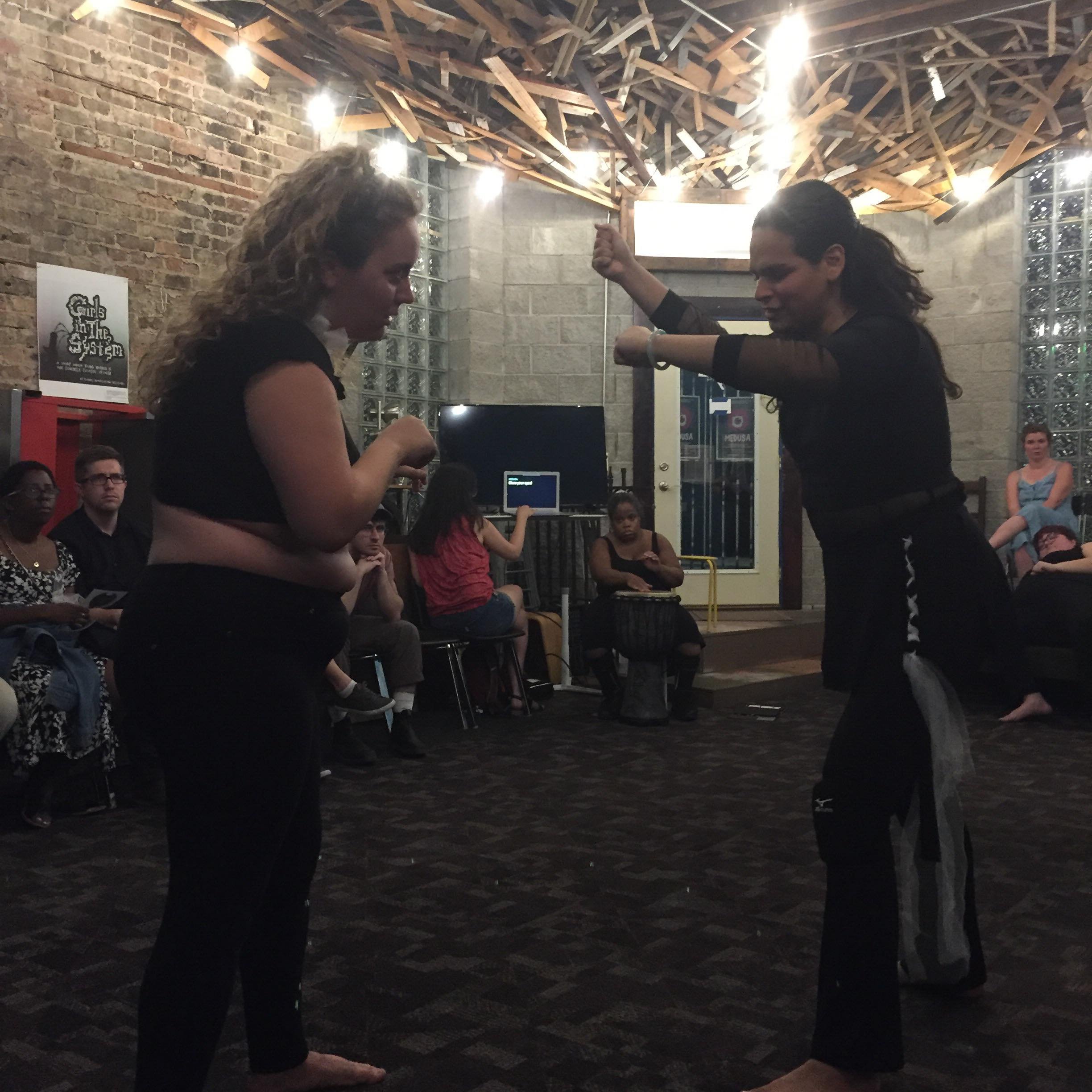
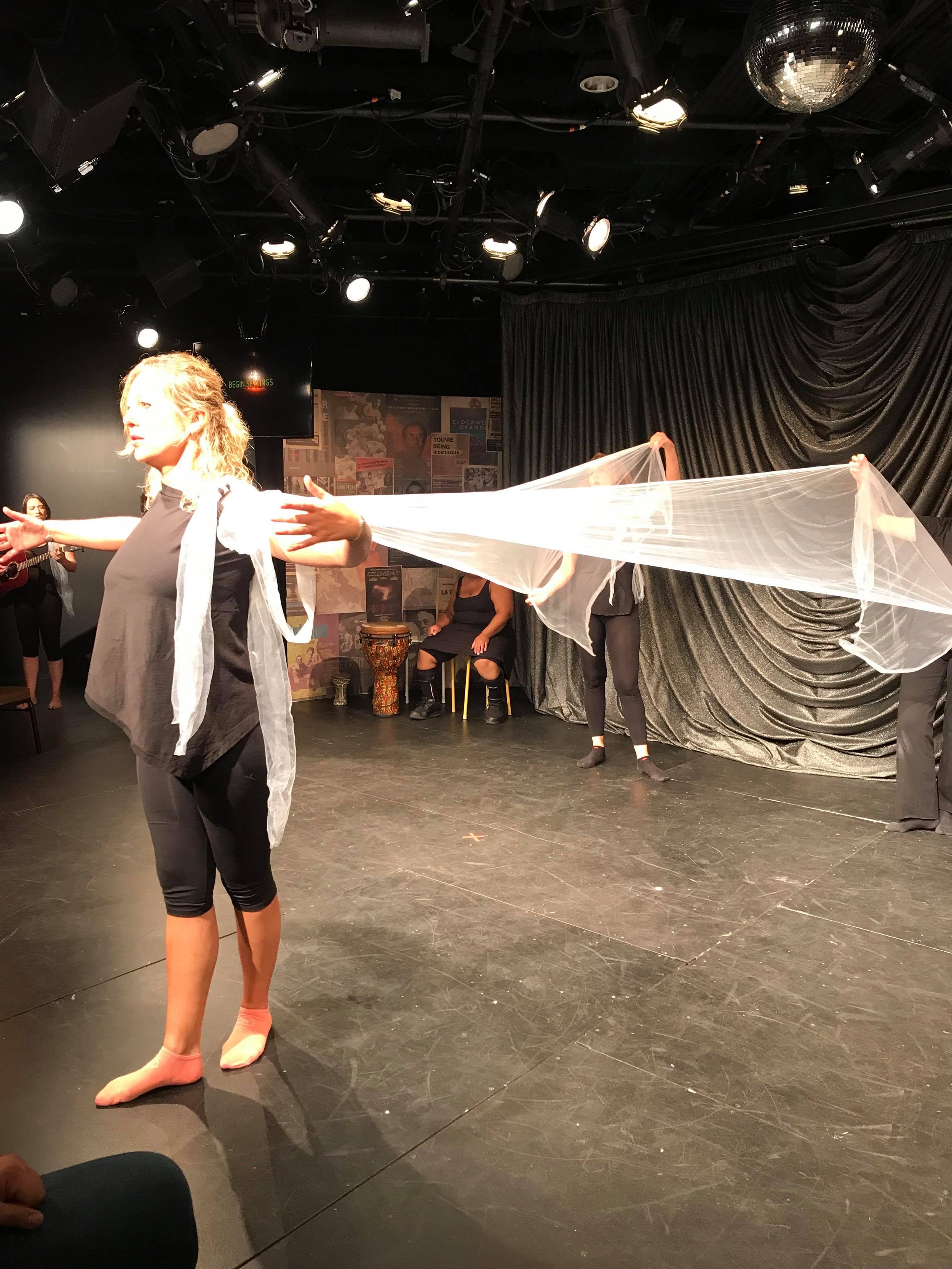
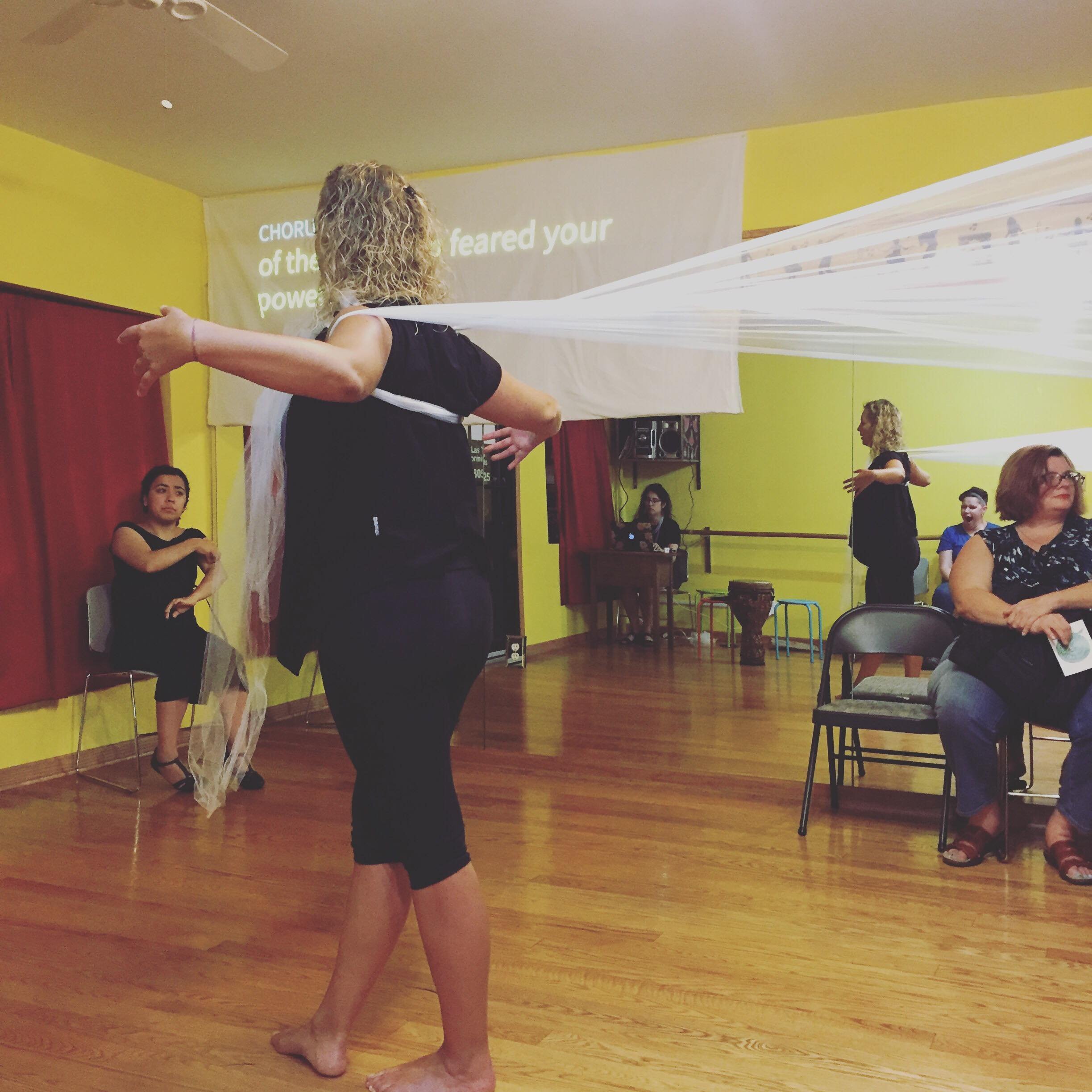
Theatre in Italy
“The quest for Italian theatre will take the English-language reader into unfamiliar territory, and not only because theatres in New York or London rarely stage Italian plays. The unfamiliarity arises from an anomaly which goes to the very core of theatrical creativity. While the theatrical traditions of other European countries are author-centred, the theatre of Italy has been, through much of its development, actor-centred. Reforms, whether by Carlo Goldoni in the eighteenth century, or by Silvio D’Amico and others in the early twentieth century, have had as one of their central aims the restriction of the power of the actor in the theatrical hierarchy.
It is this dominance of the actor which explains the central paradox of the Italian role in European theatre. If it is beyond discussion that the varied, colourful input of Italian theatre-makers has been profound and indeed decisive in the shaping and development of European theatre, it is equally true that the number of Italian playwrights who could be named by theatregoers of average culture and knowledge would be surprisingly small. Carlo Goldoni and Luigi Pirandello would have unquestioned niches in any pantheon of European drama, but for all the impact of Italian Renaissance theatre, only Machiavelli’s Mandragola is likely to spring to mind. In contemporary theatre, Dario Fo and Eduardo de Filippo would be guaranteed admission to the modern canon, but it is hard to know whether their places will be enduring.”
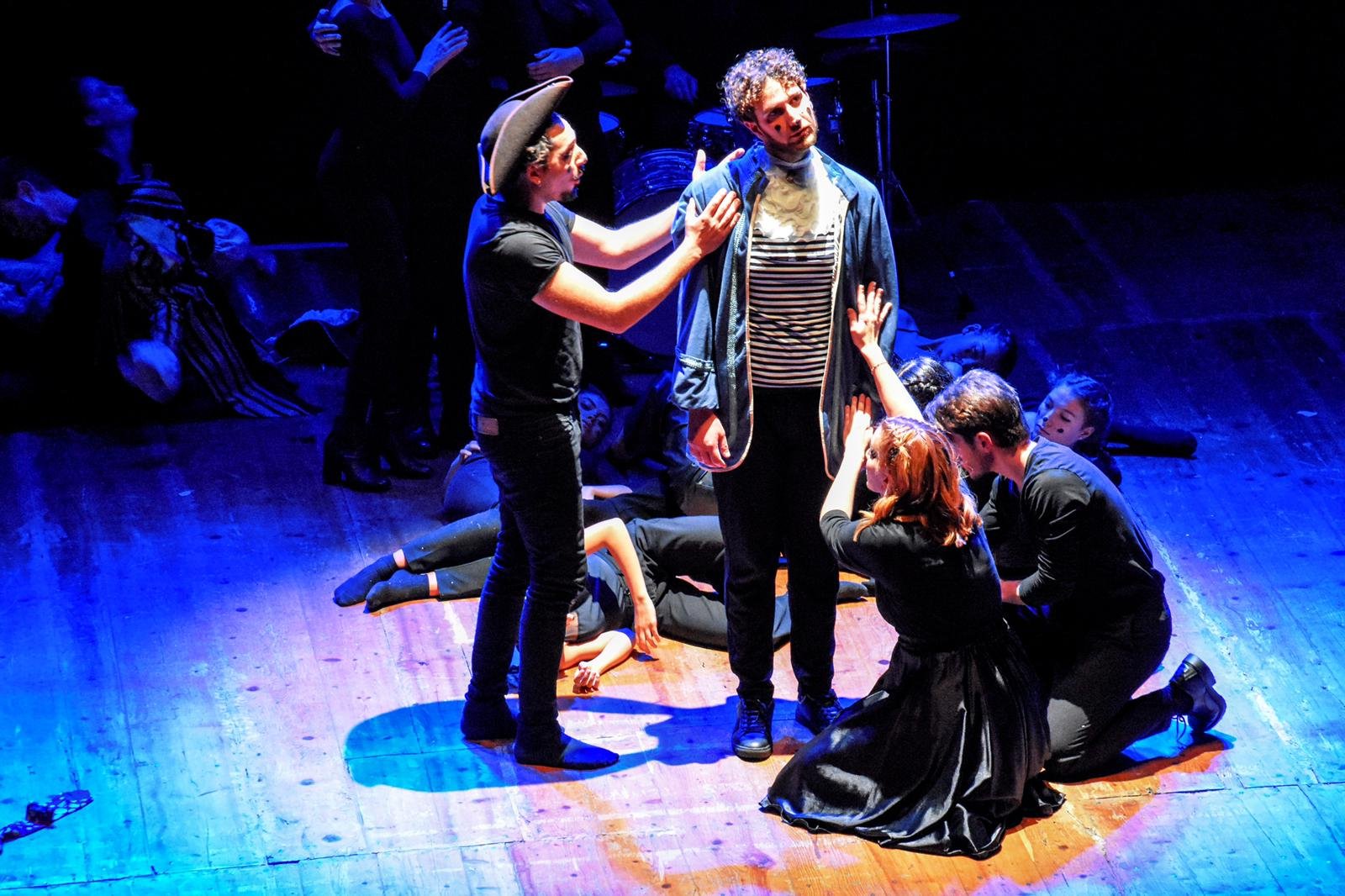
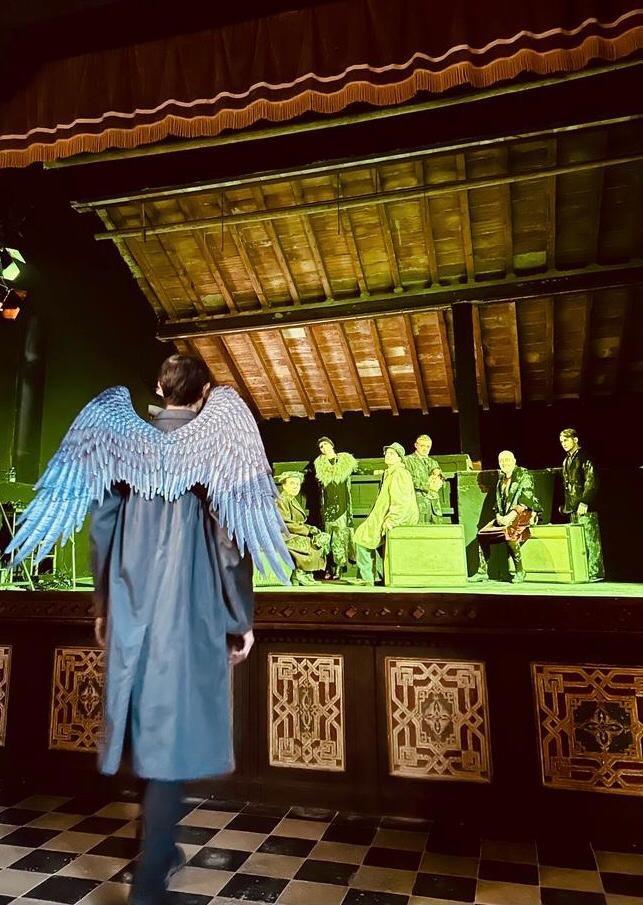
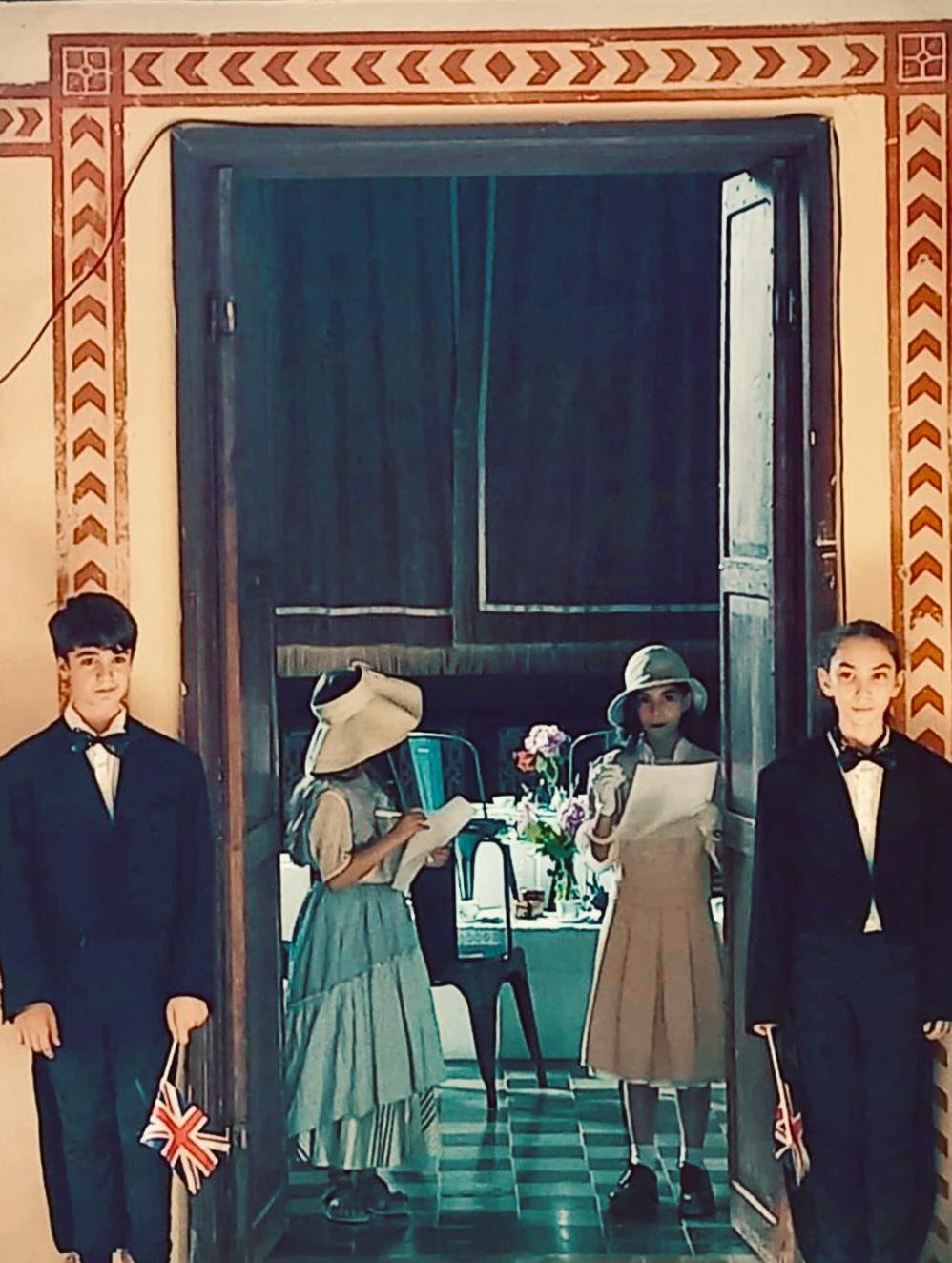
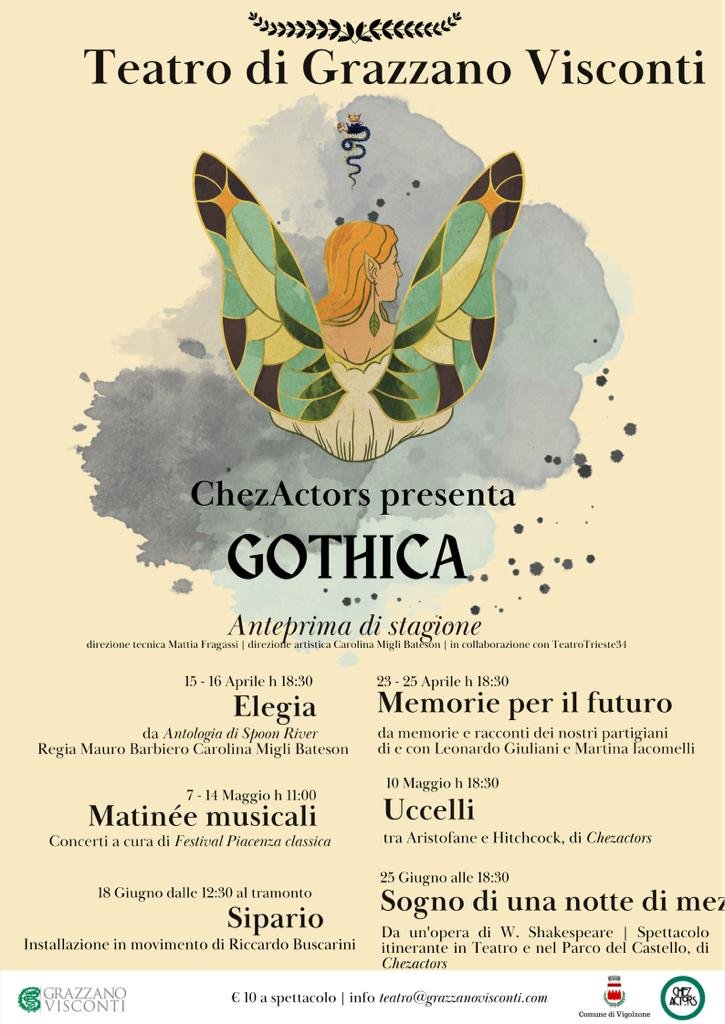
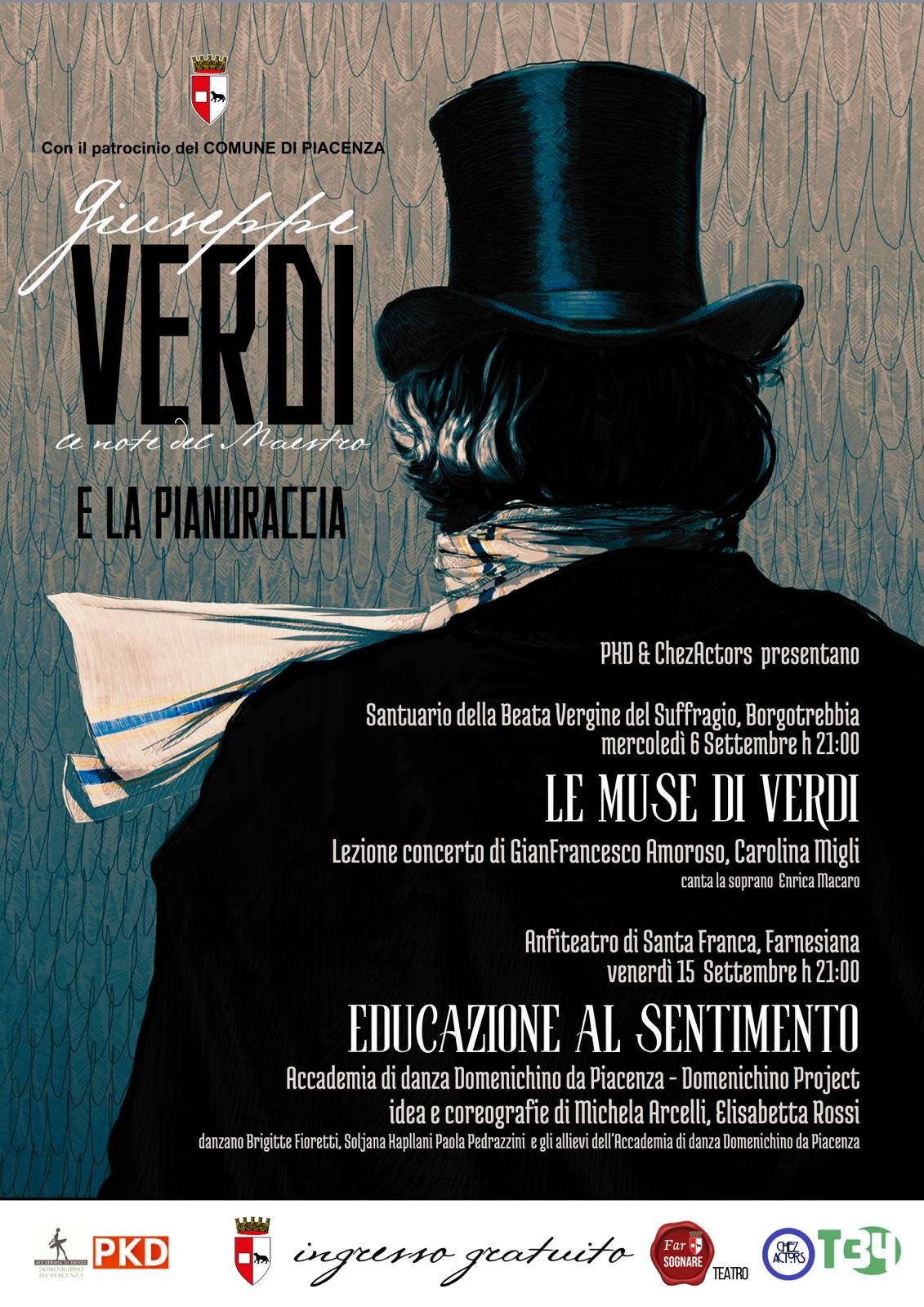
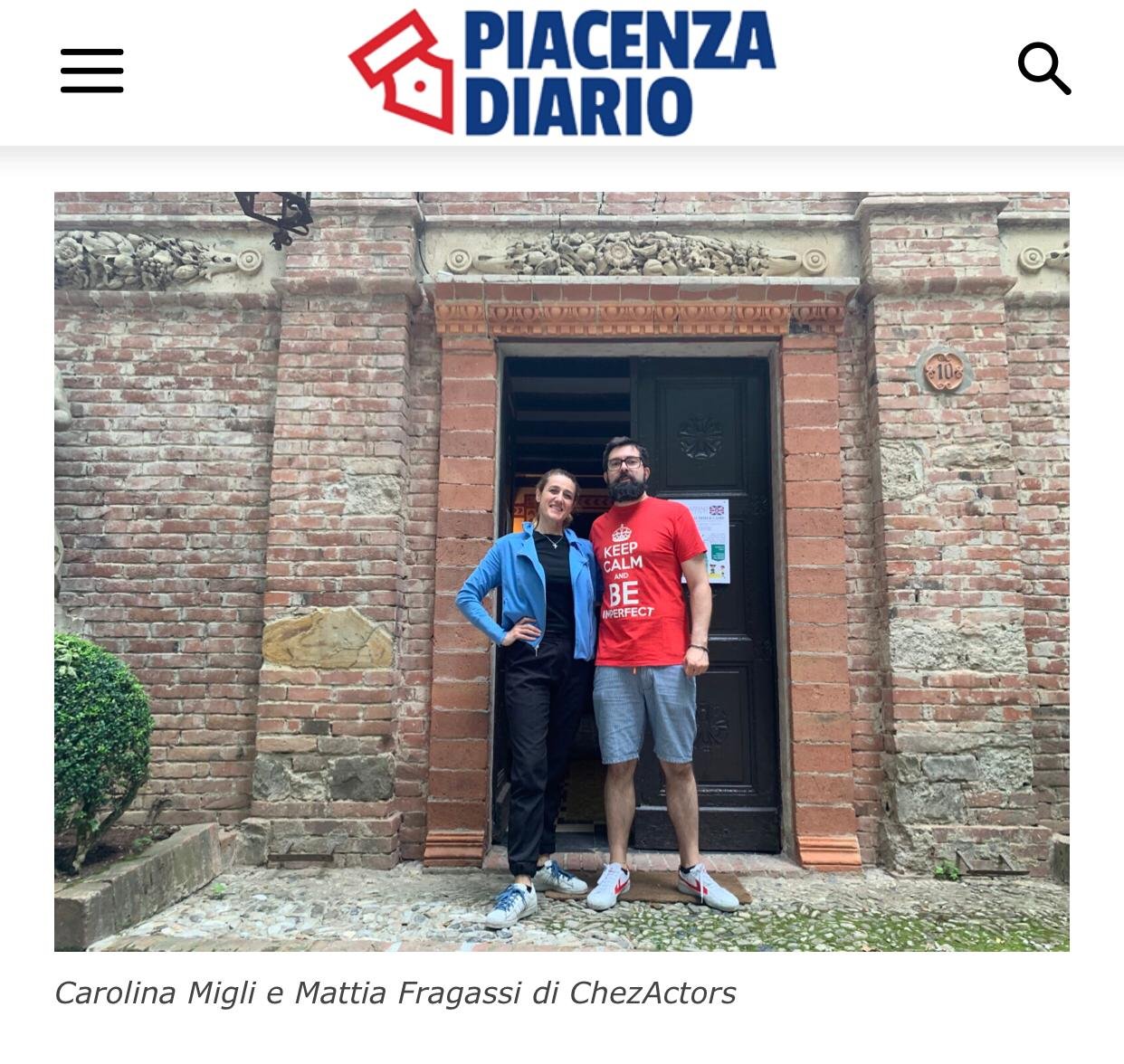
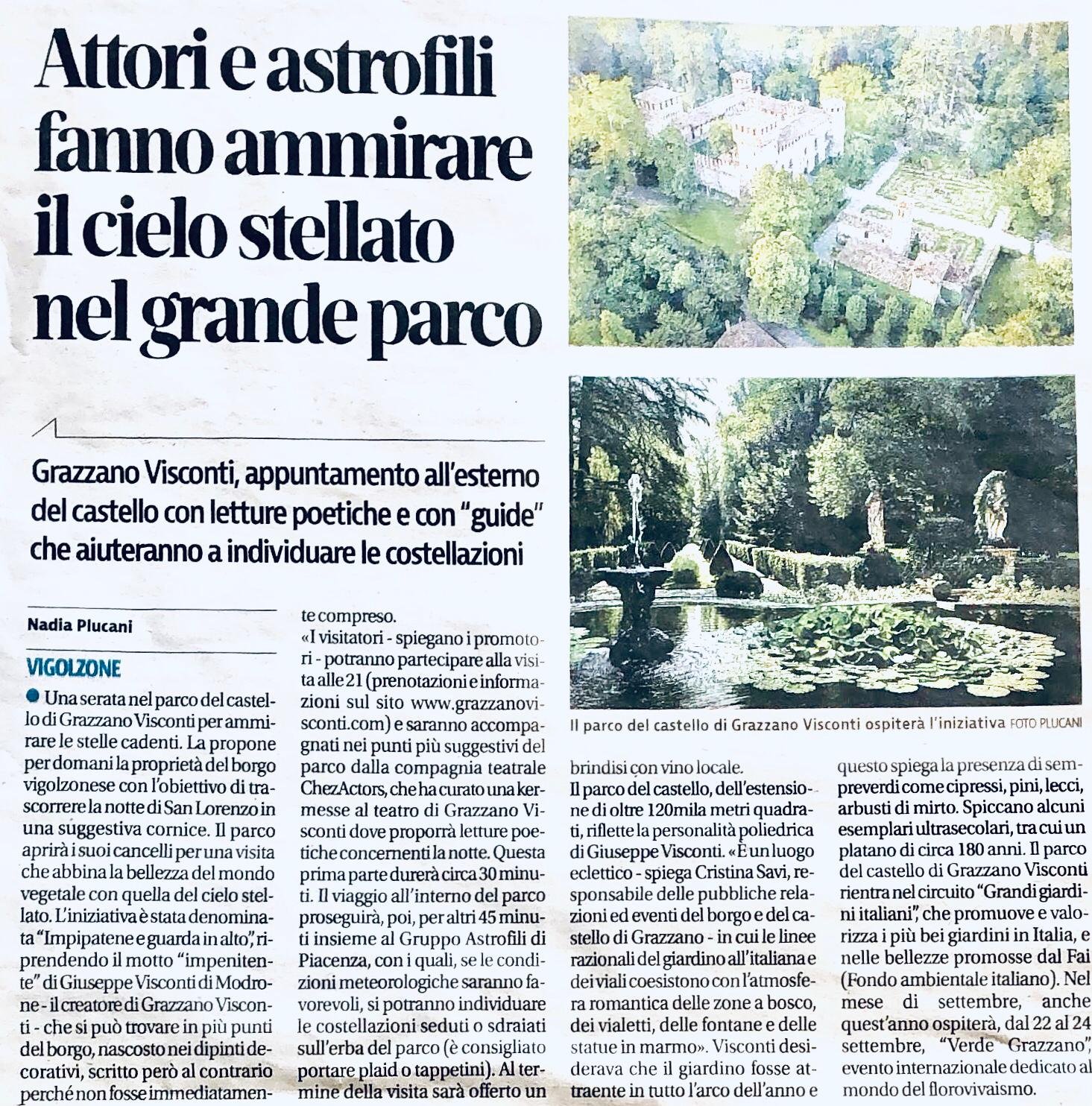
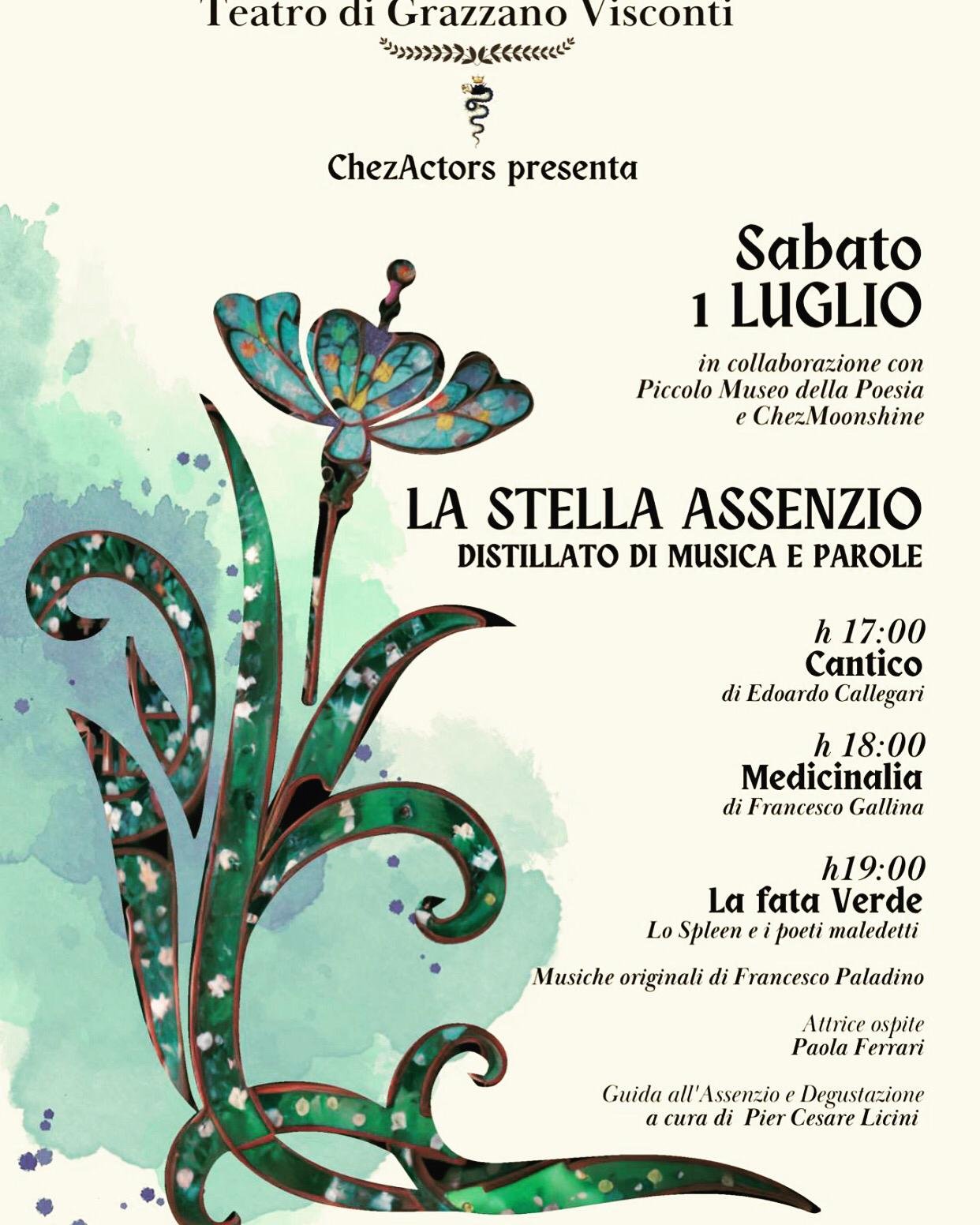
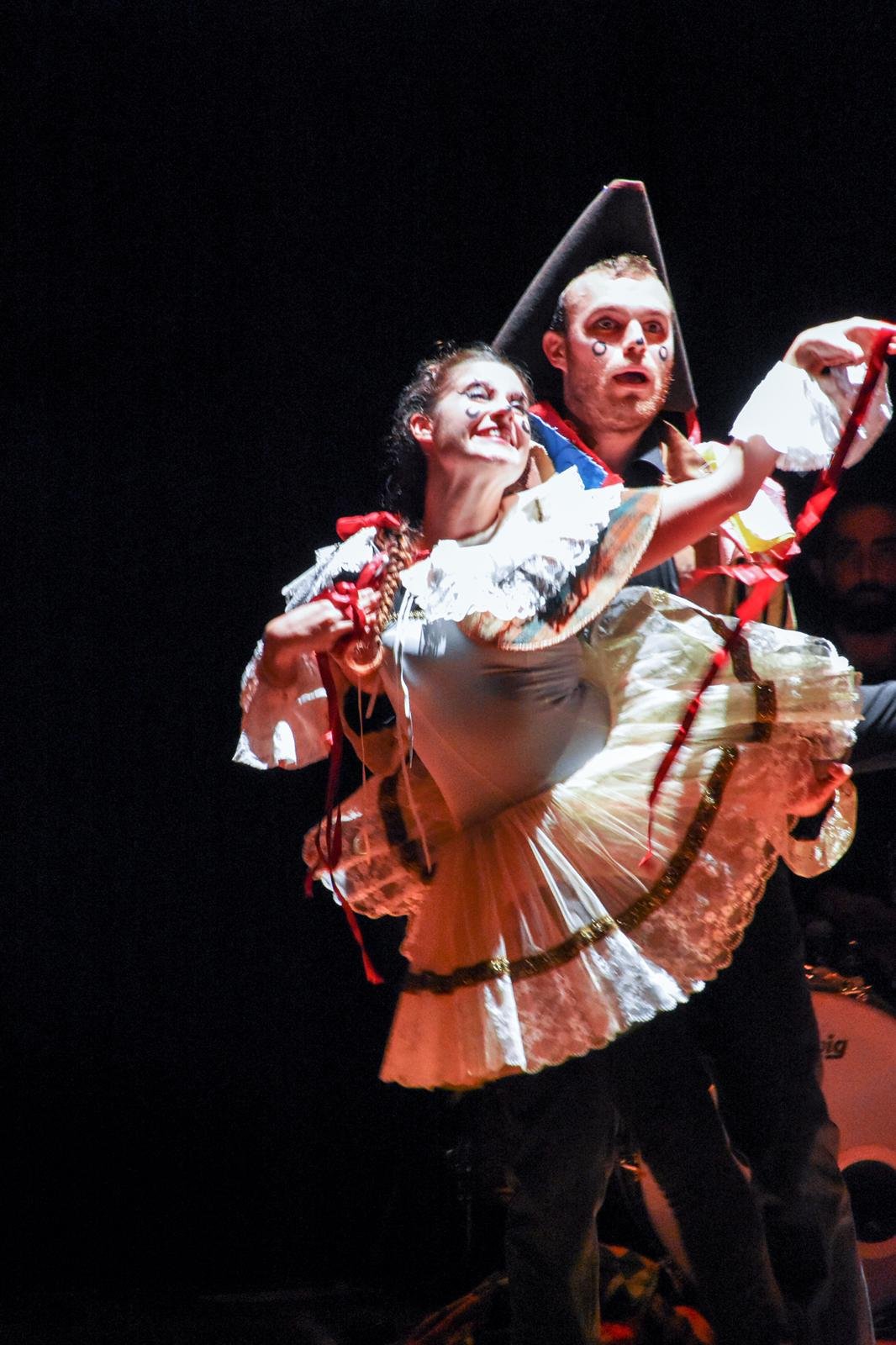
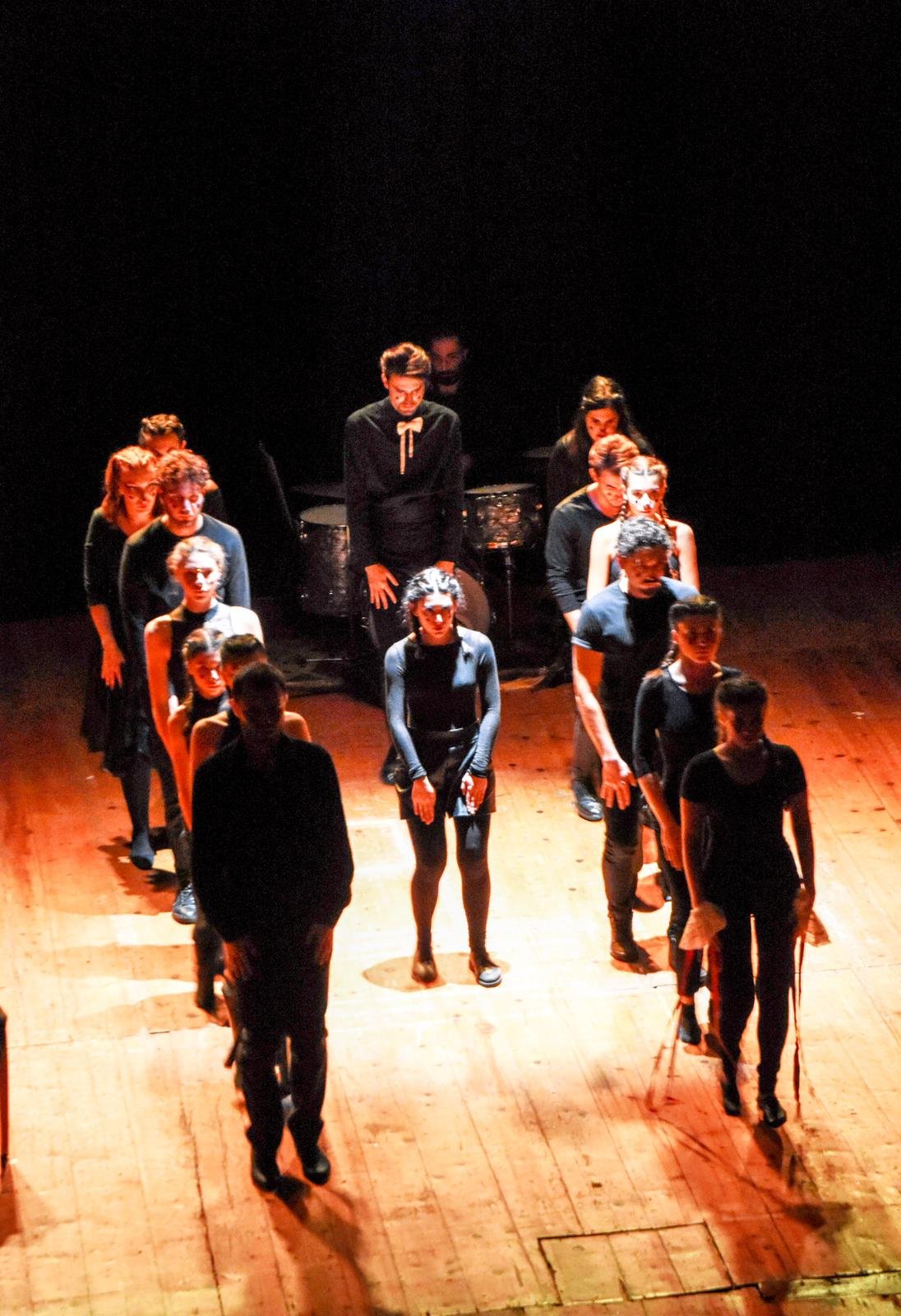
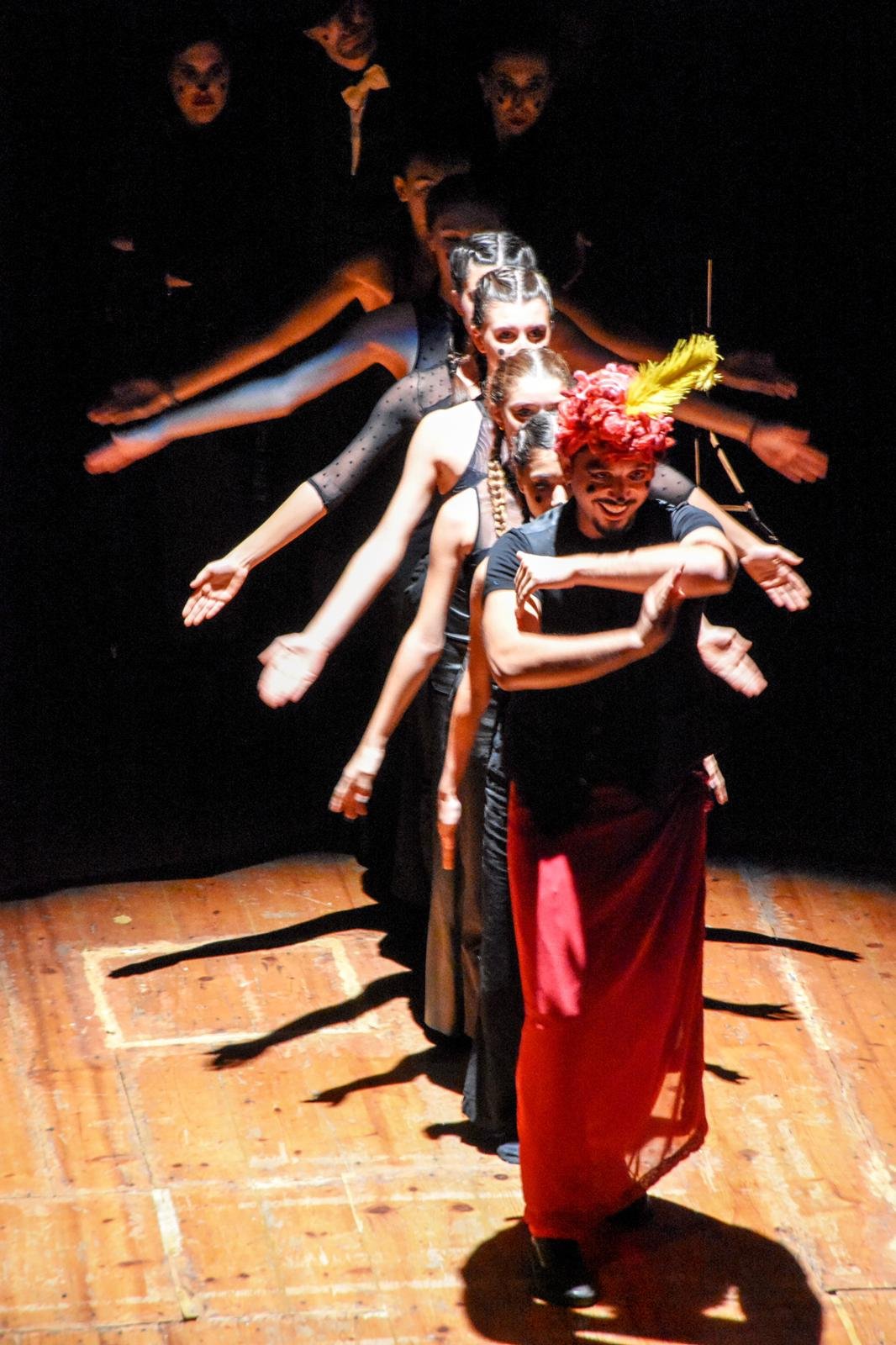
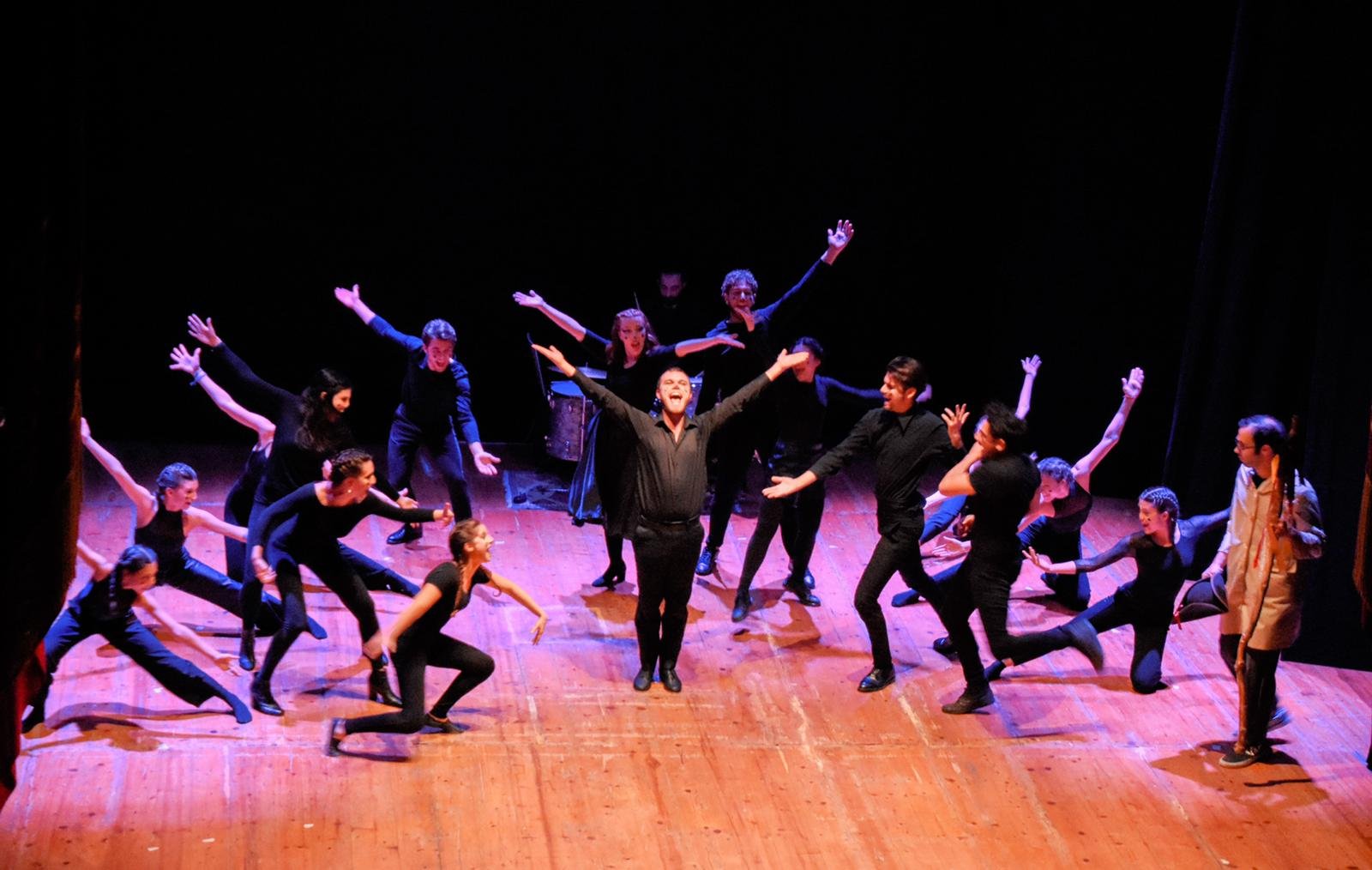
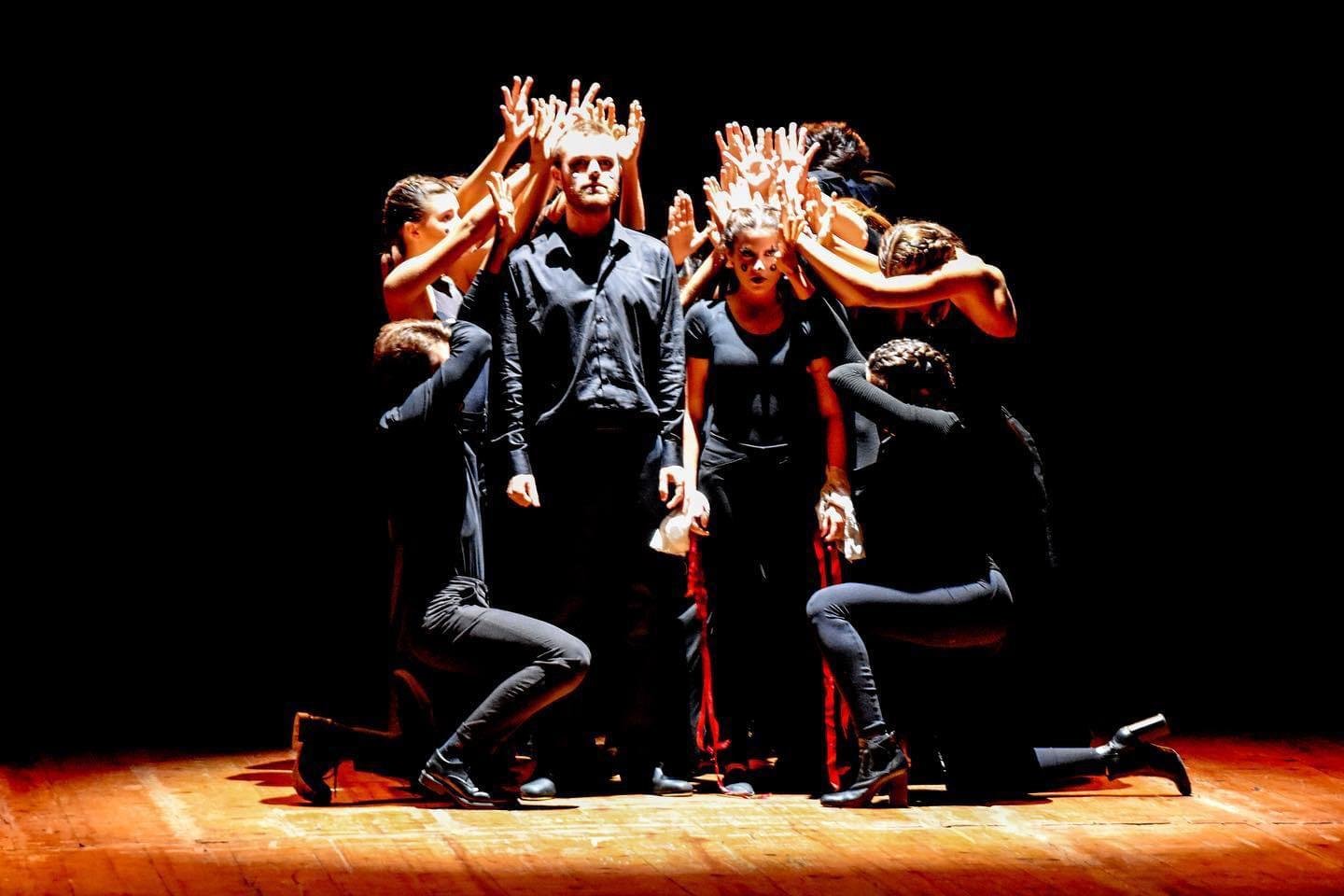
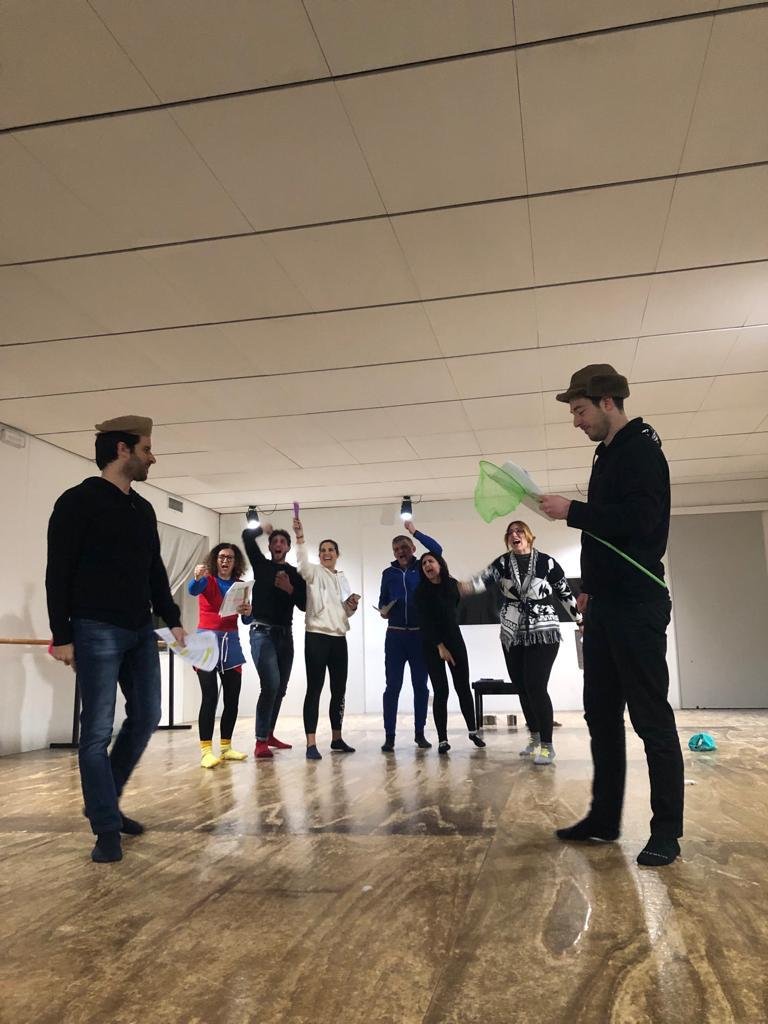
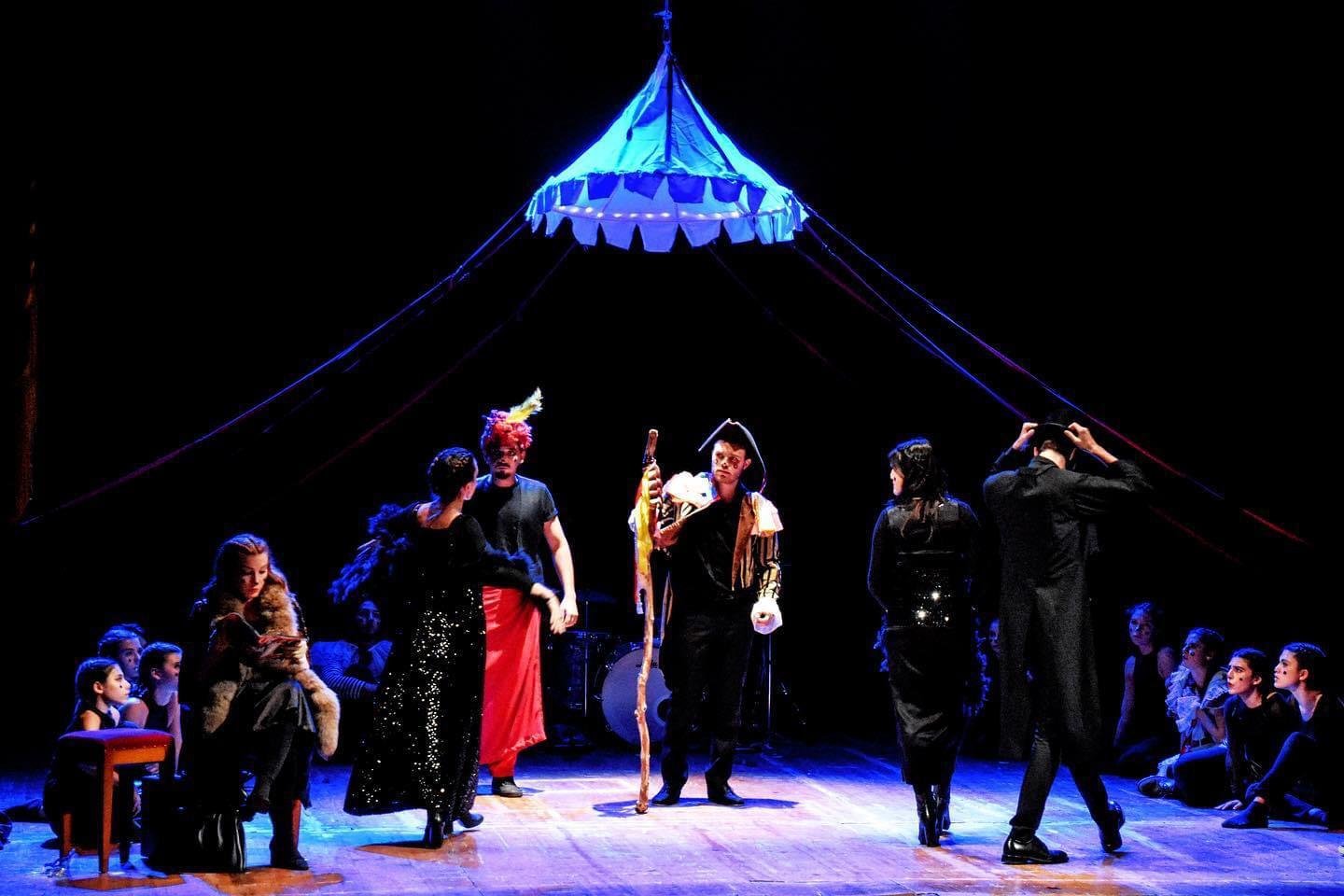
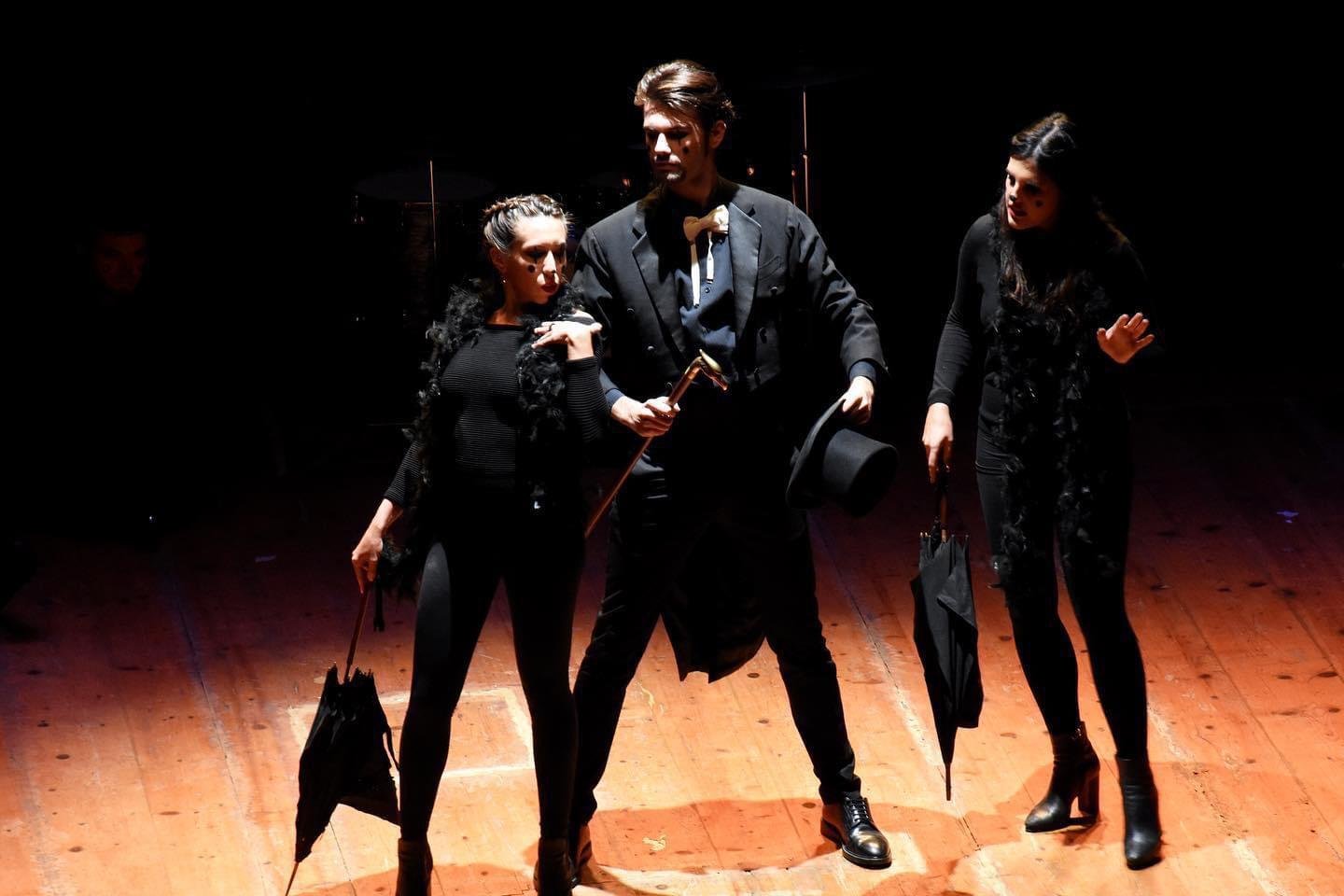
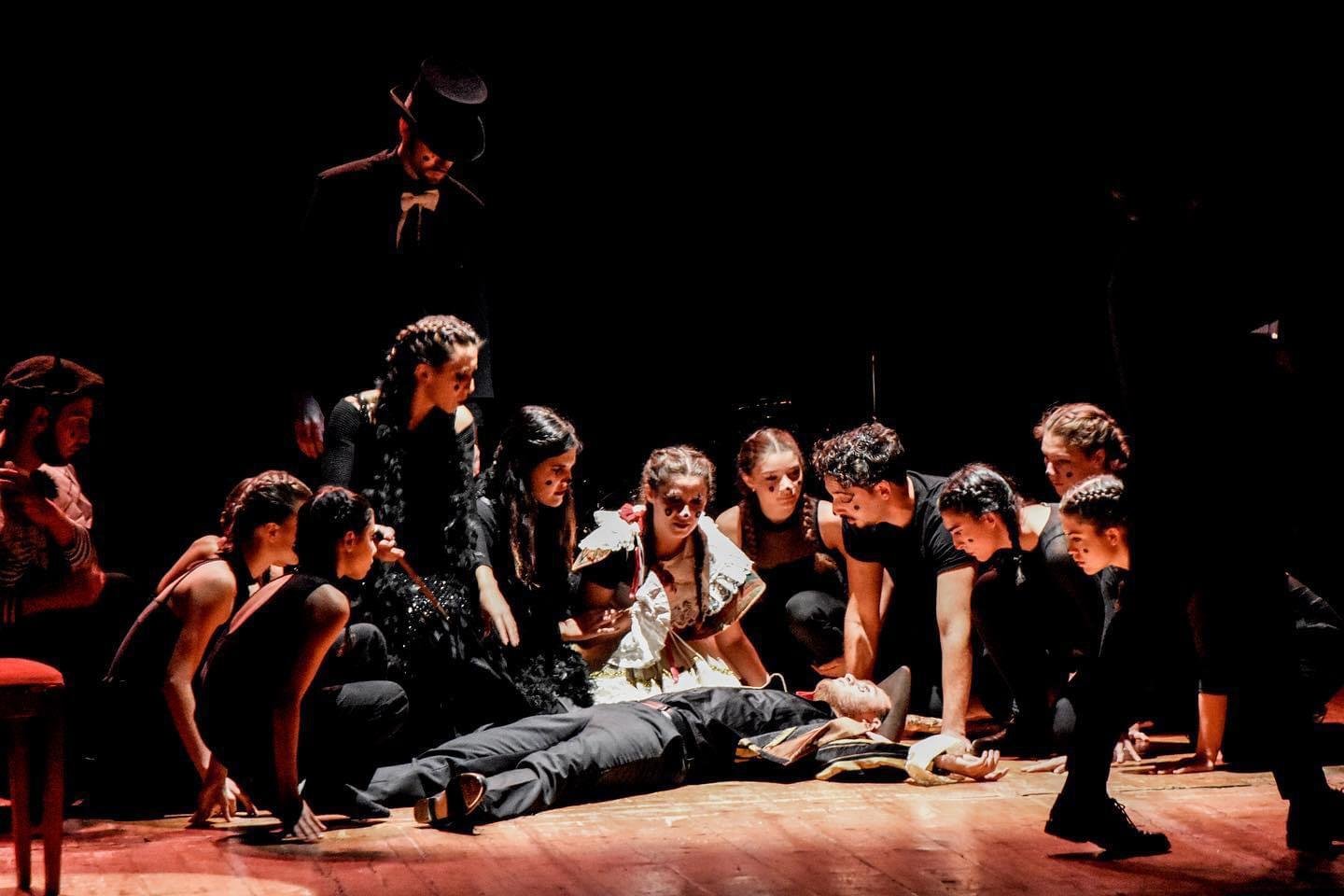
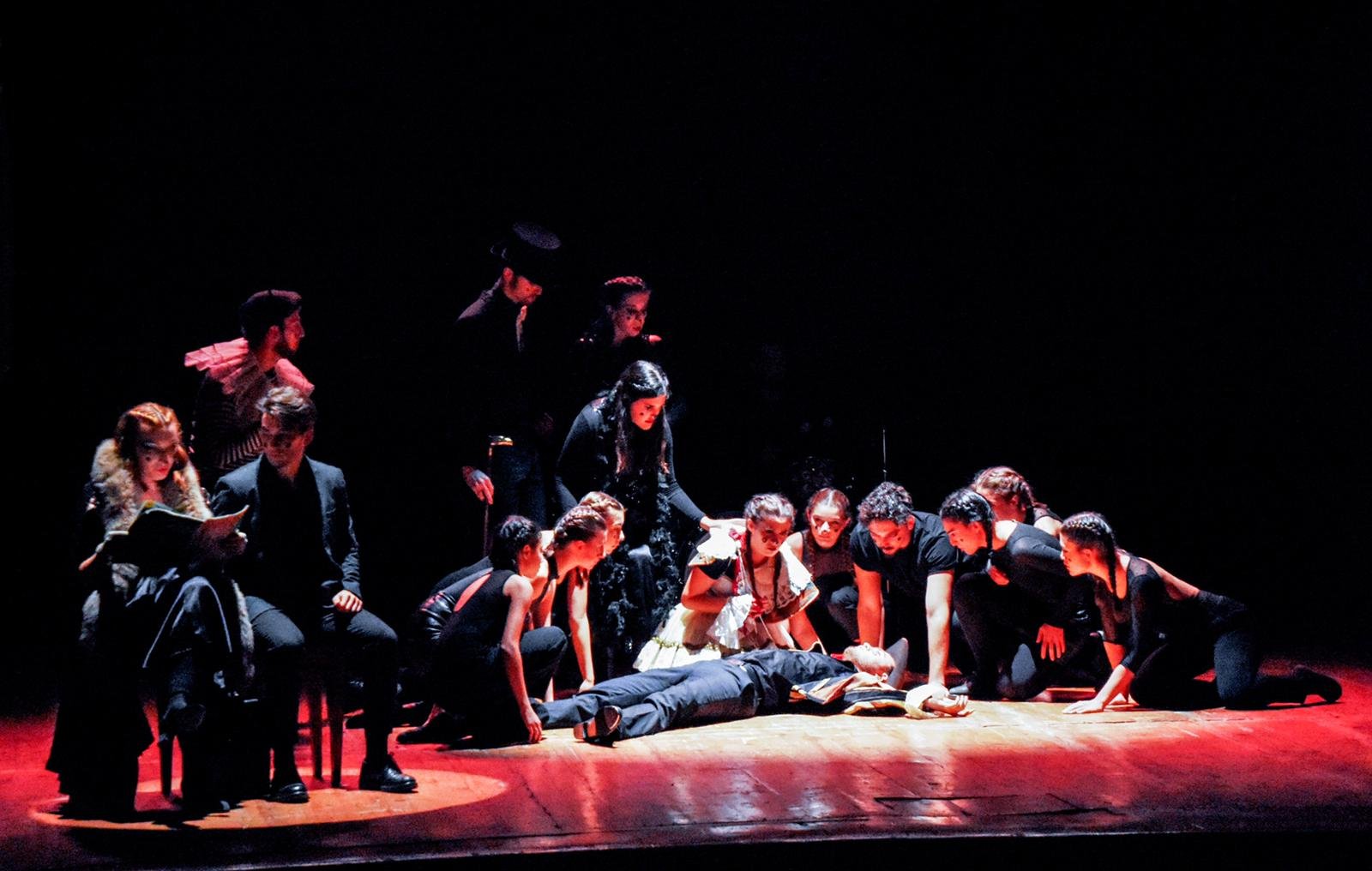
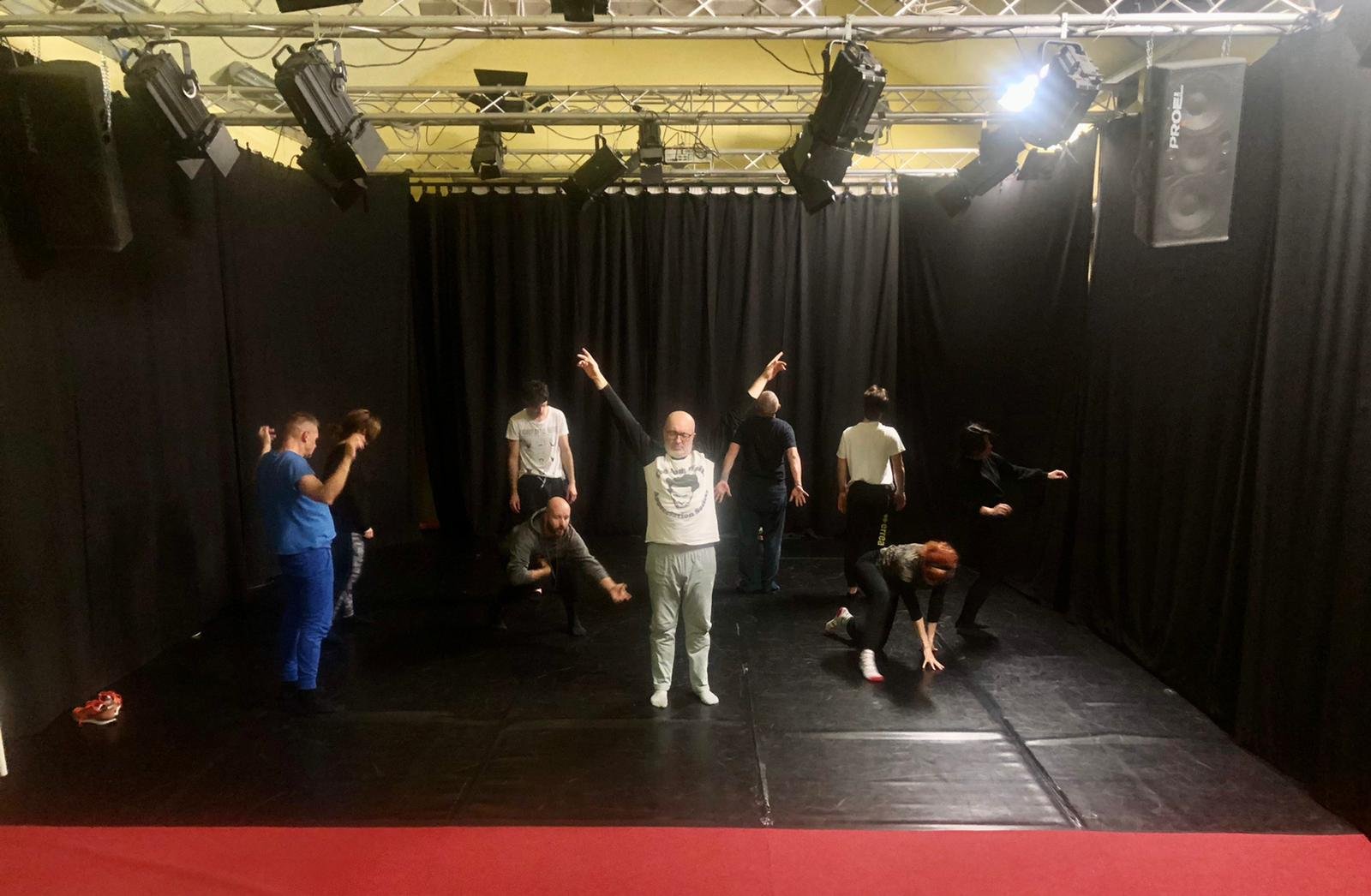
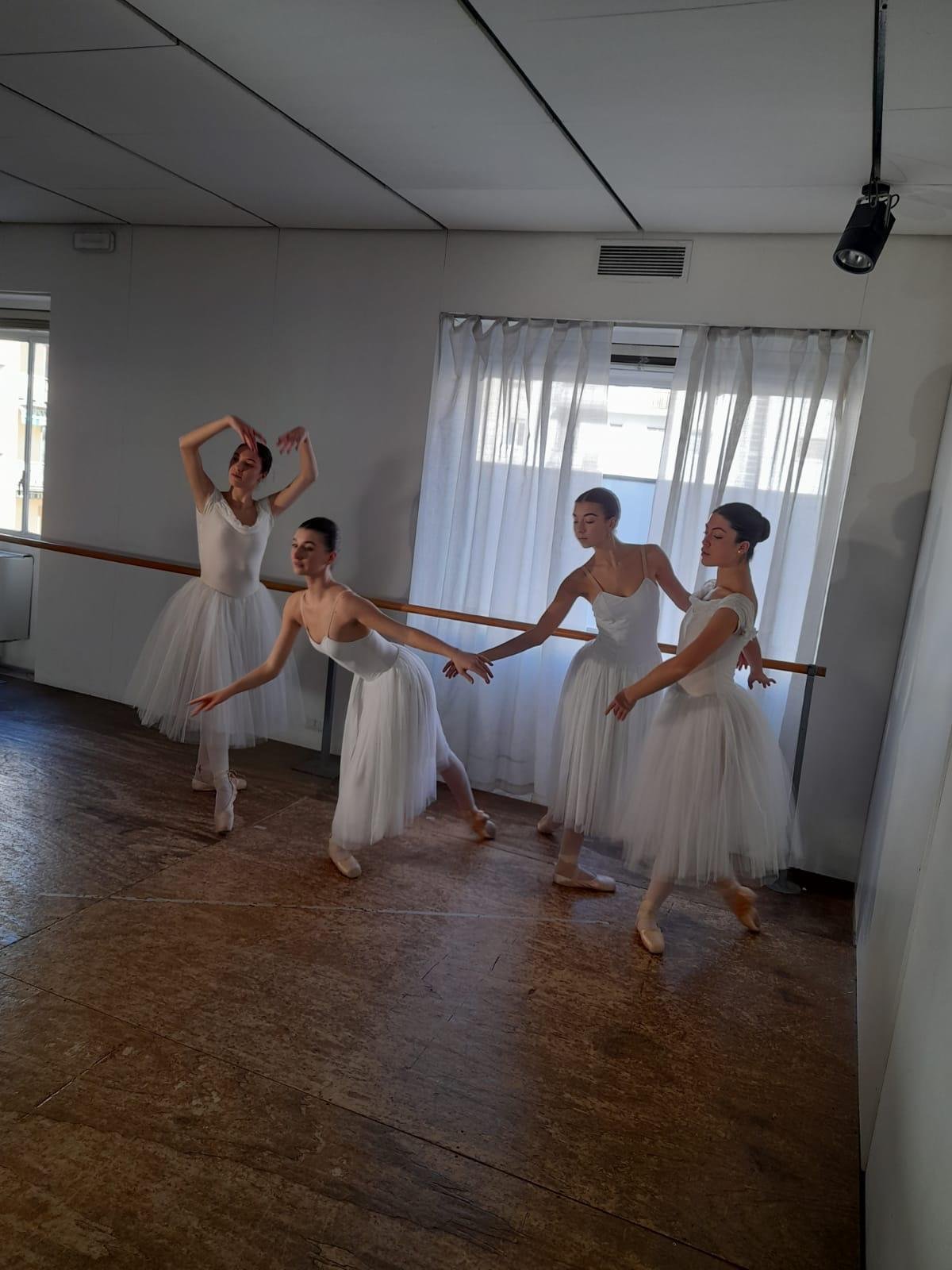
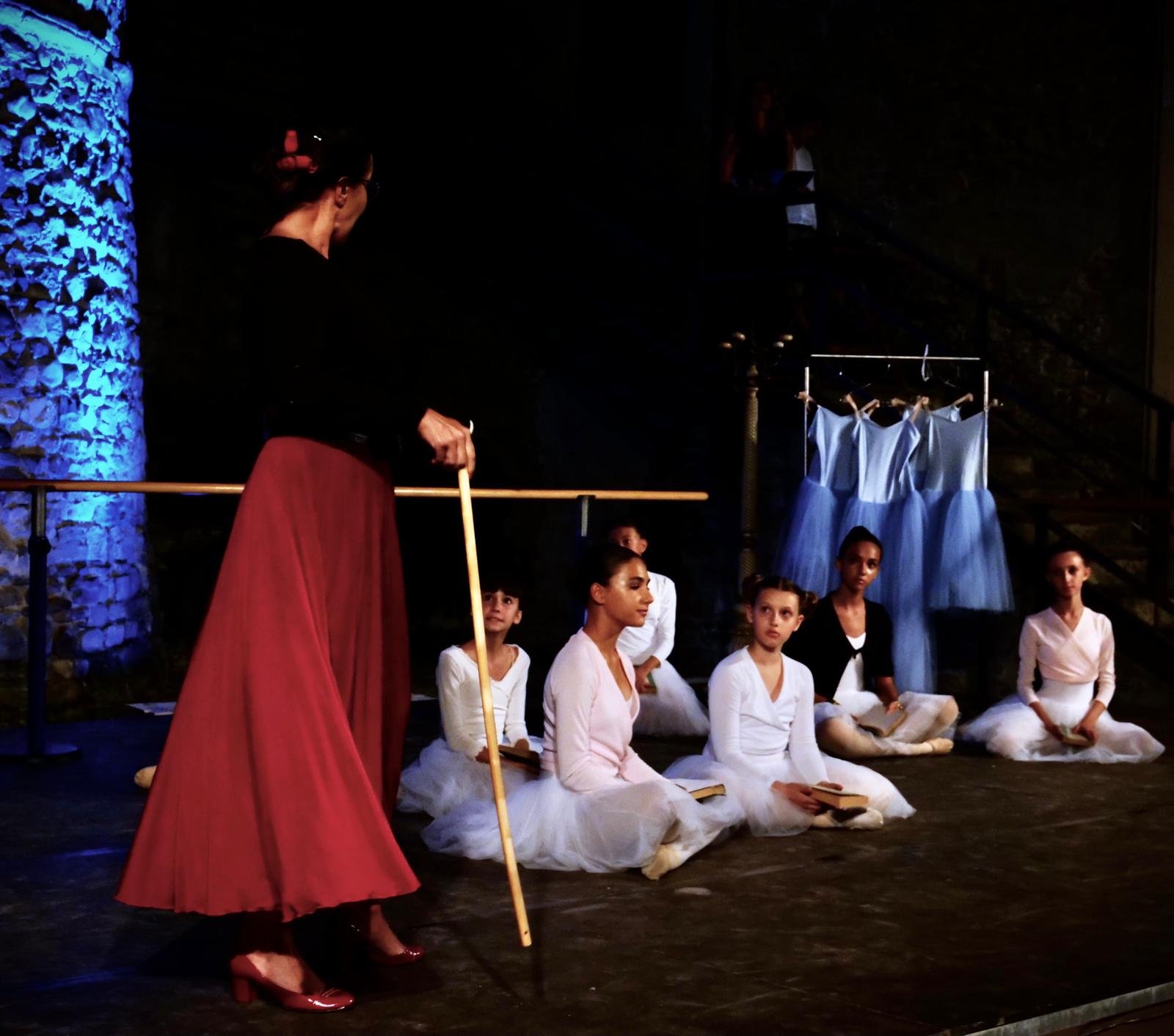
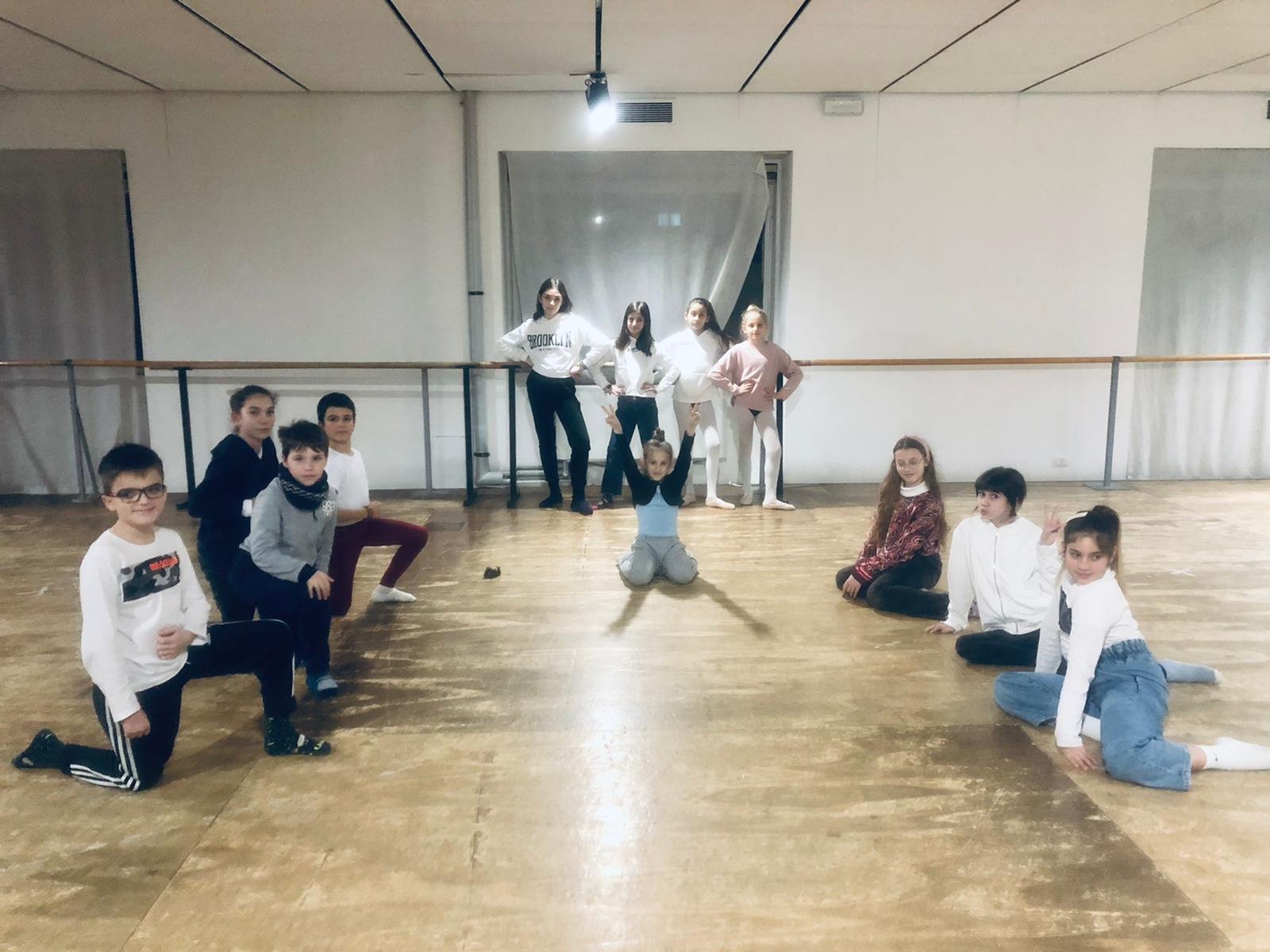
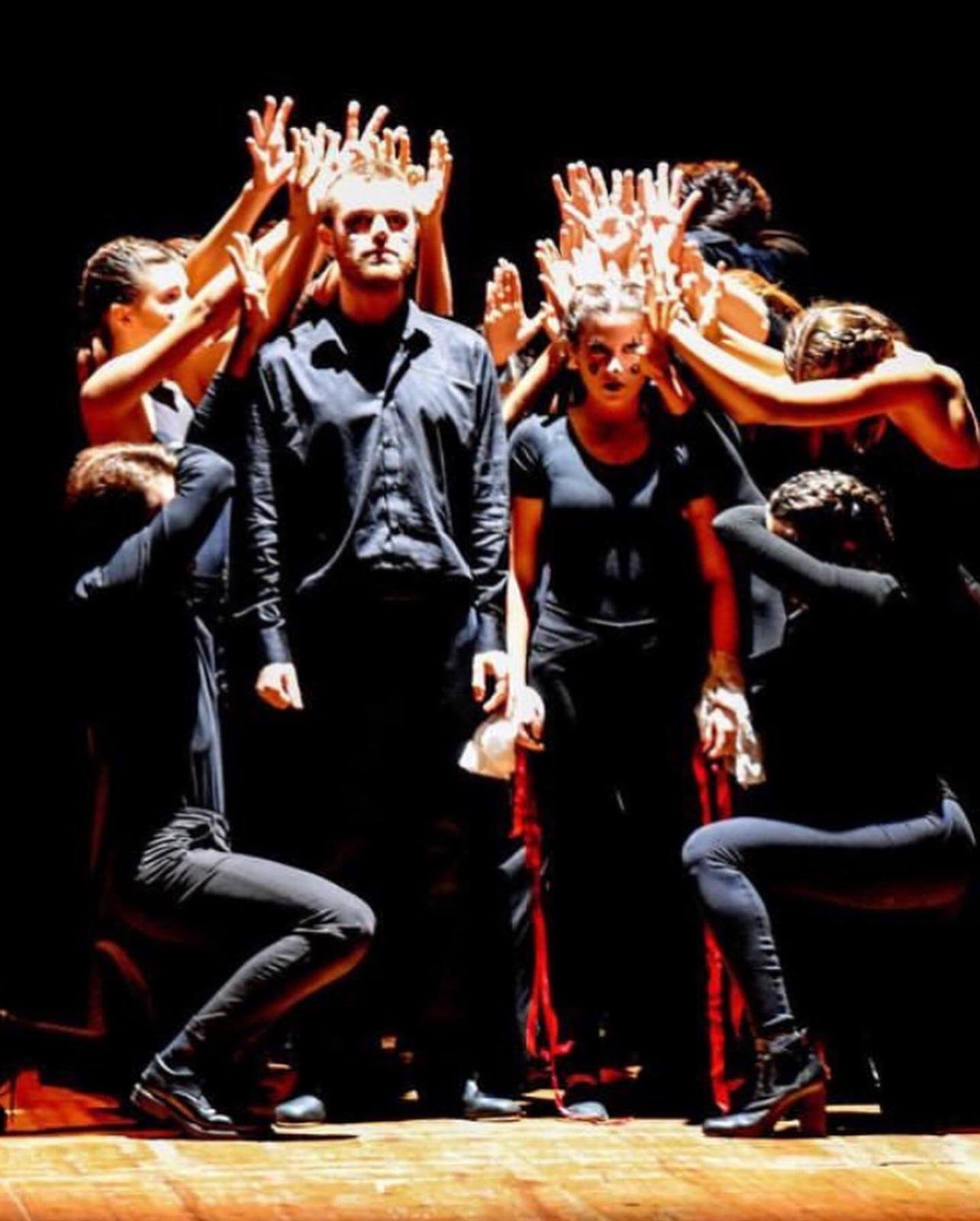
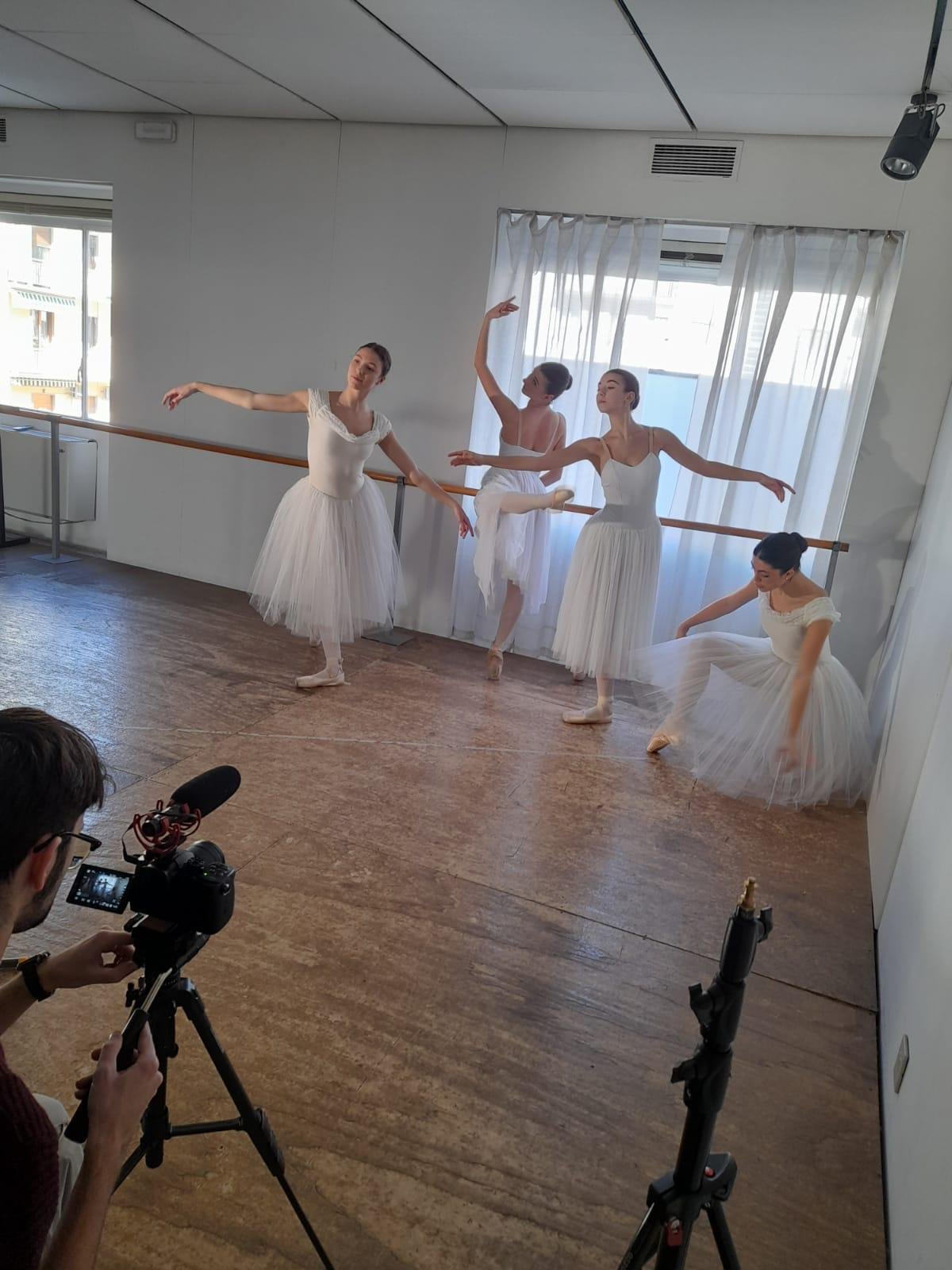
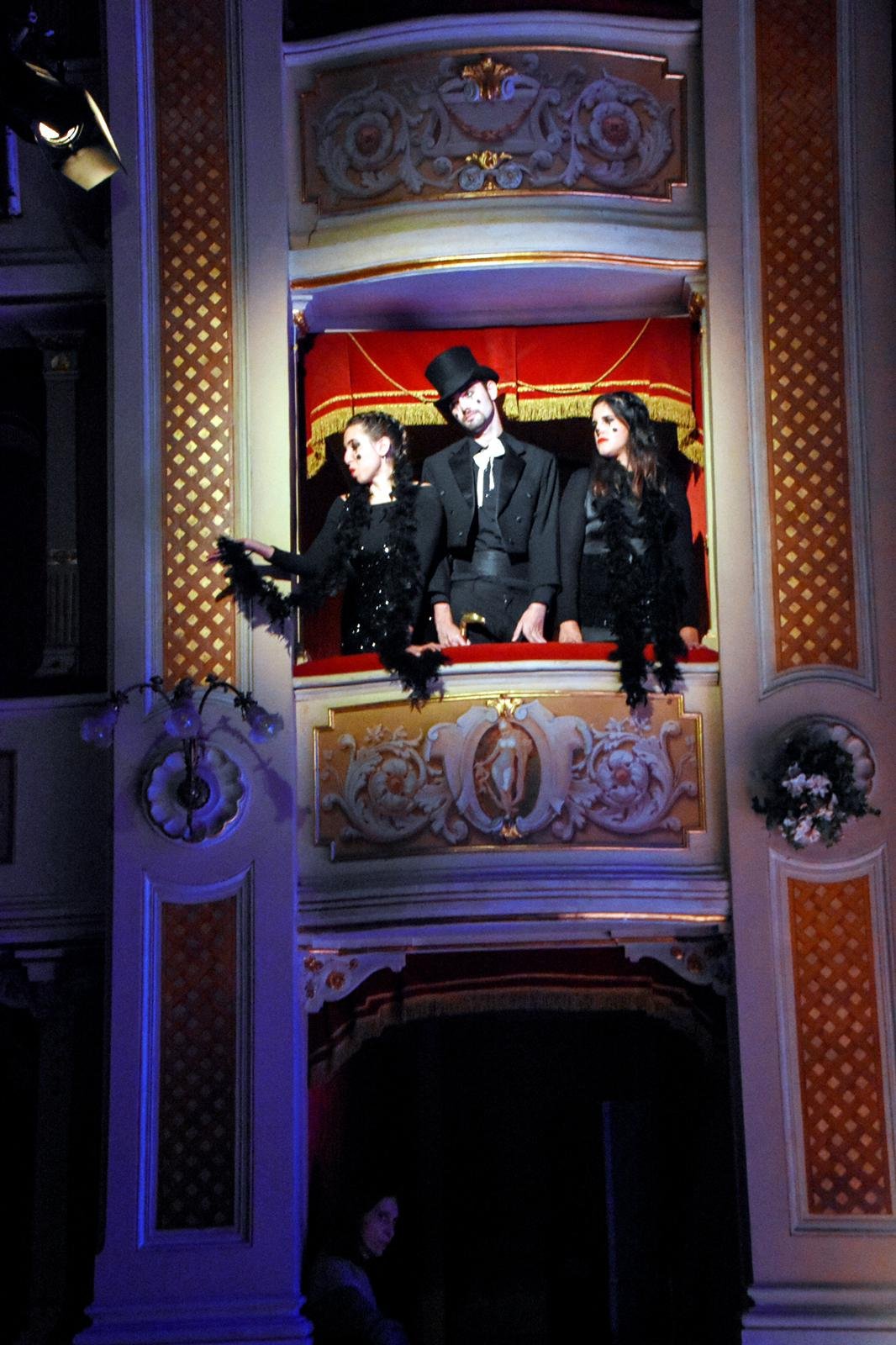
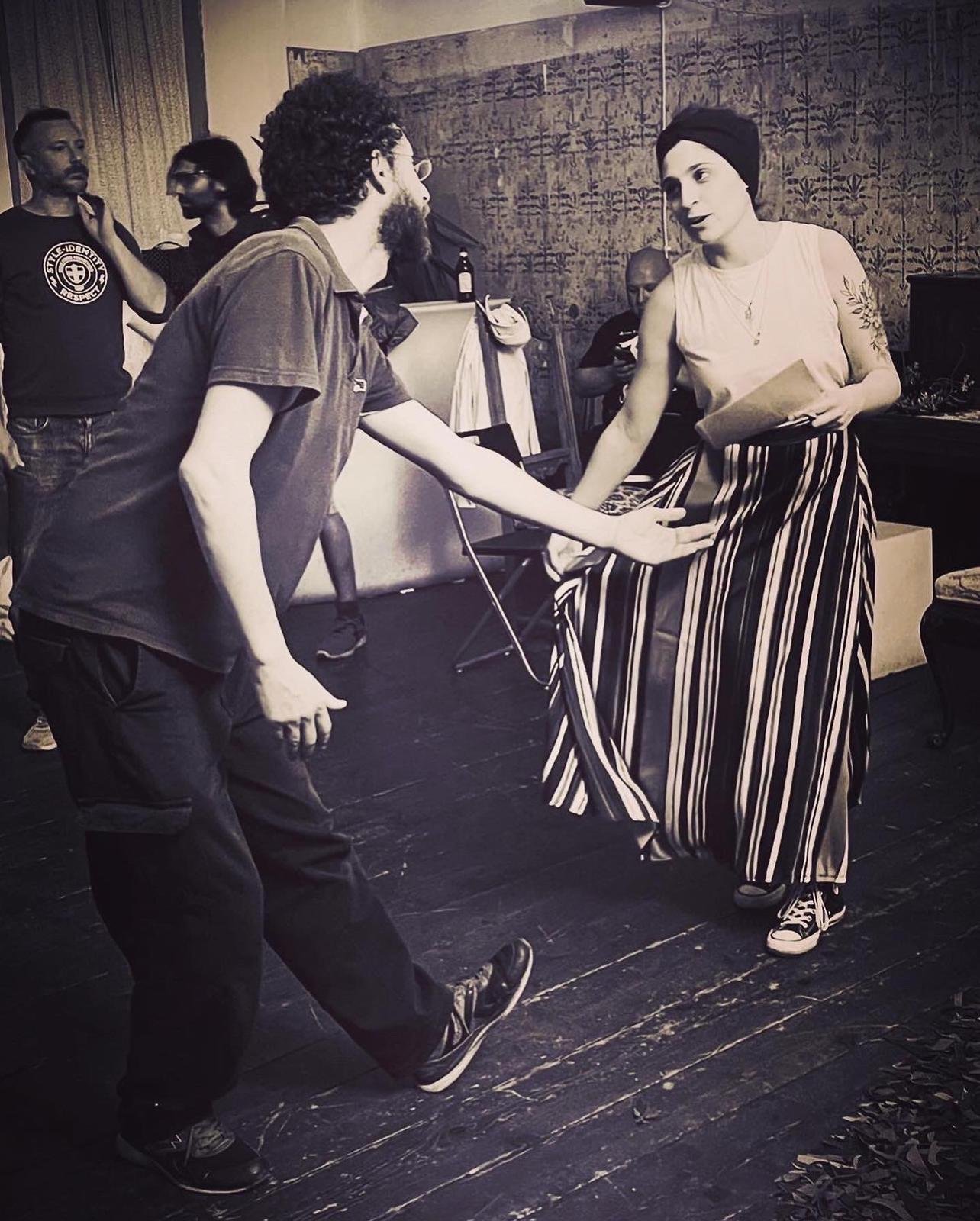
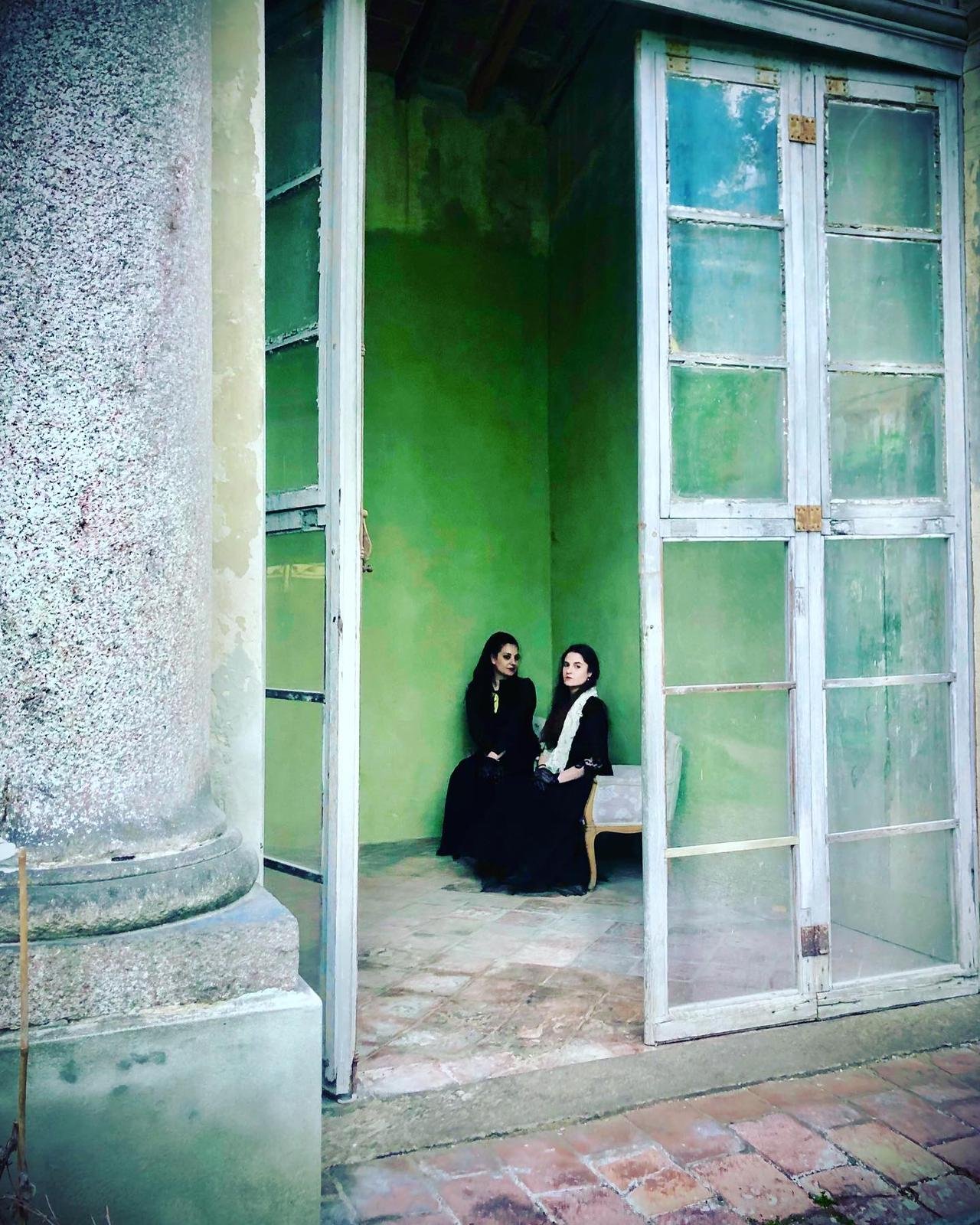
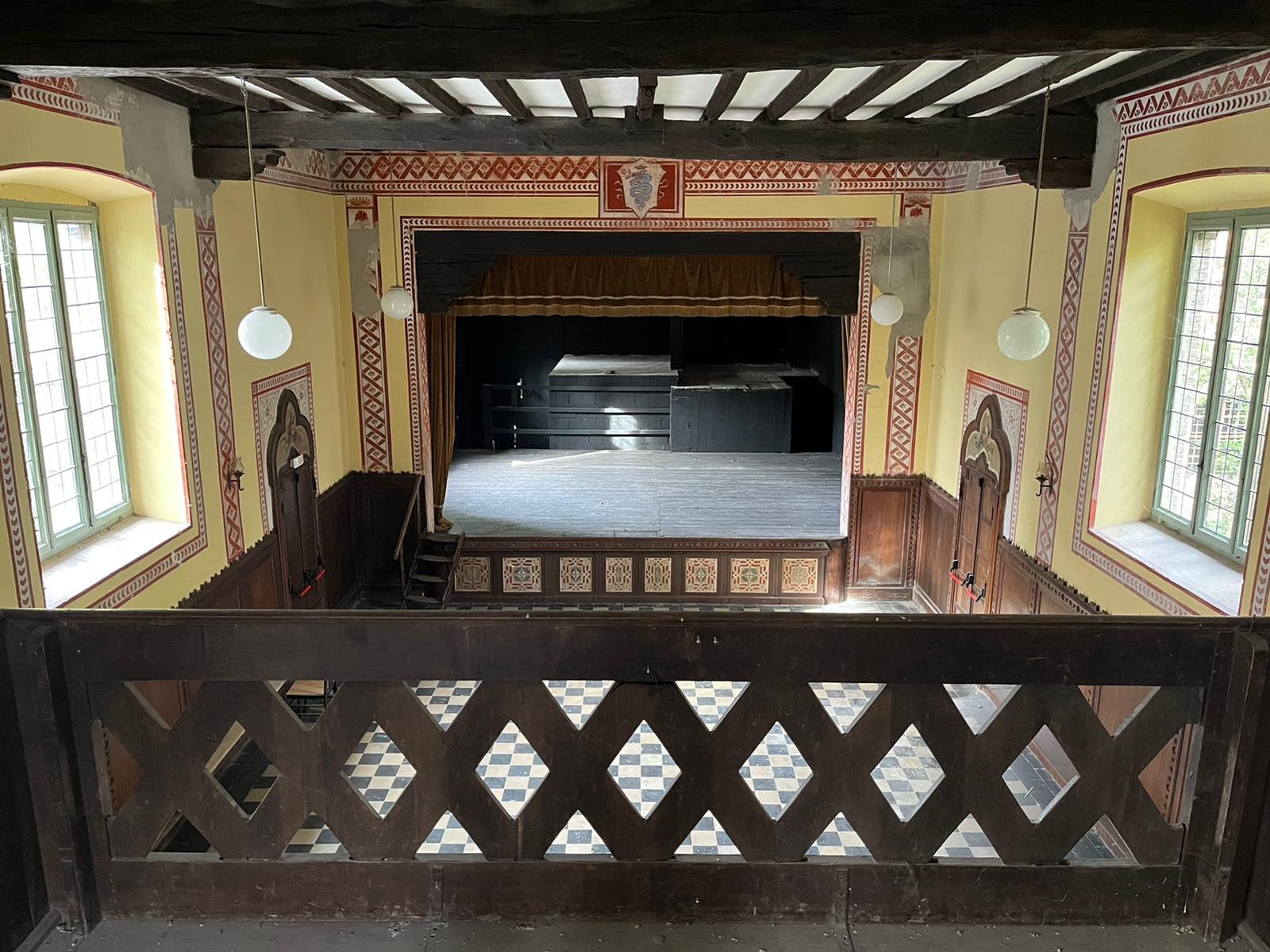
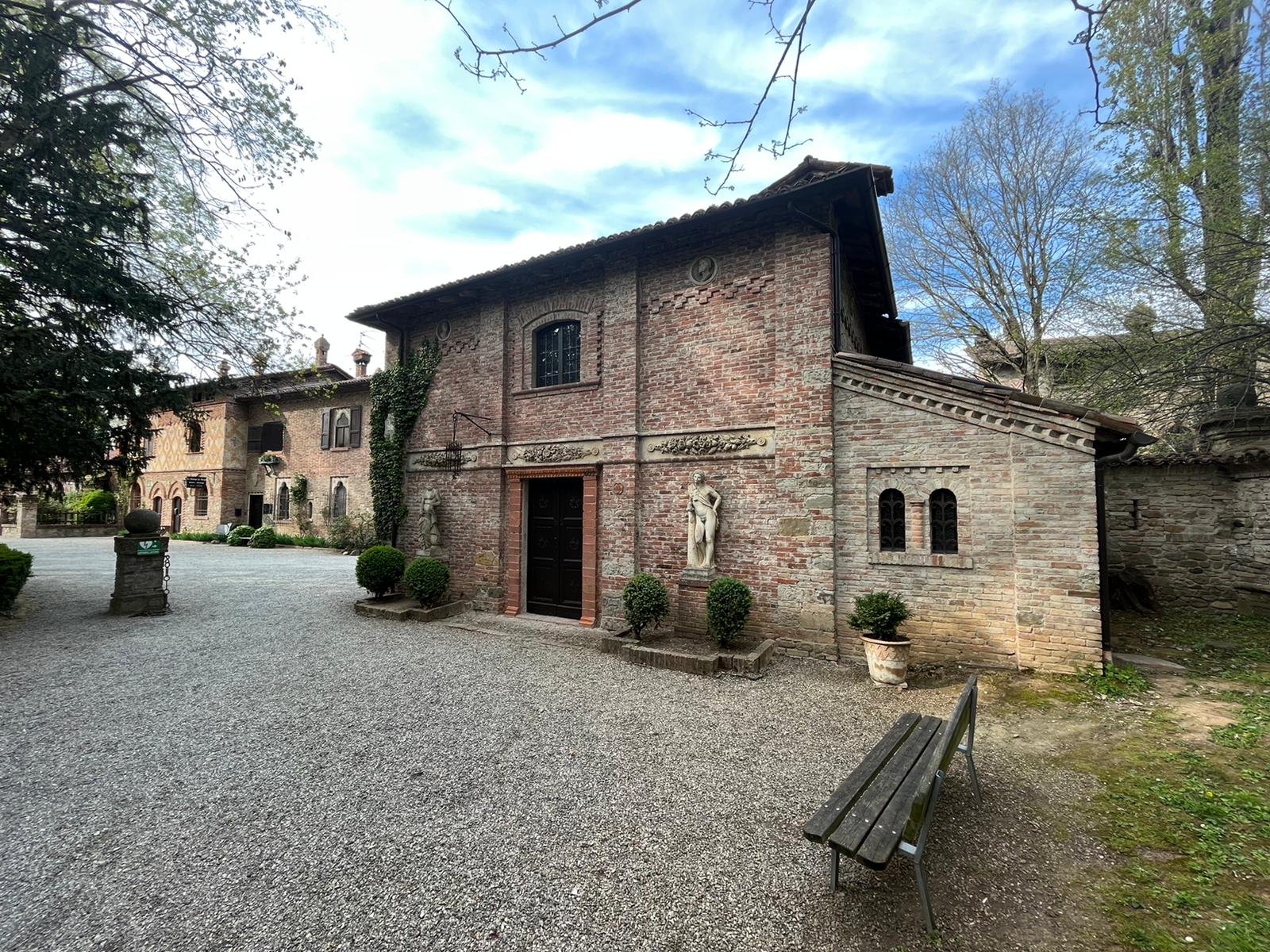
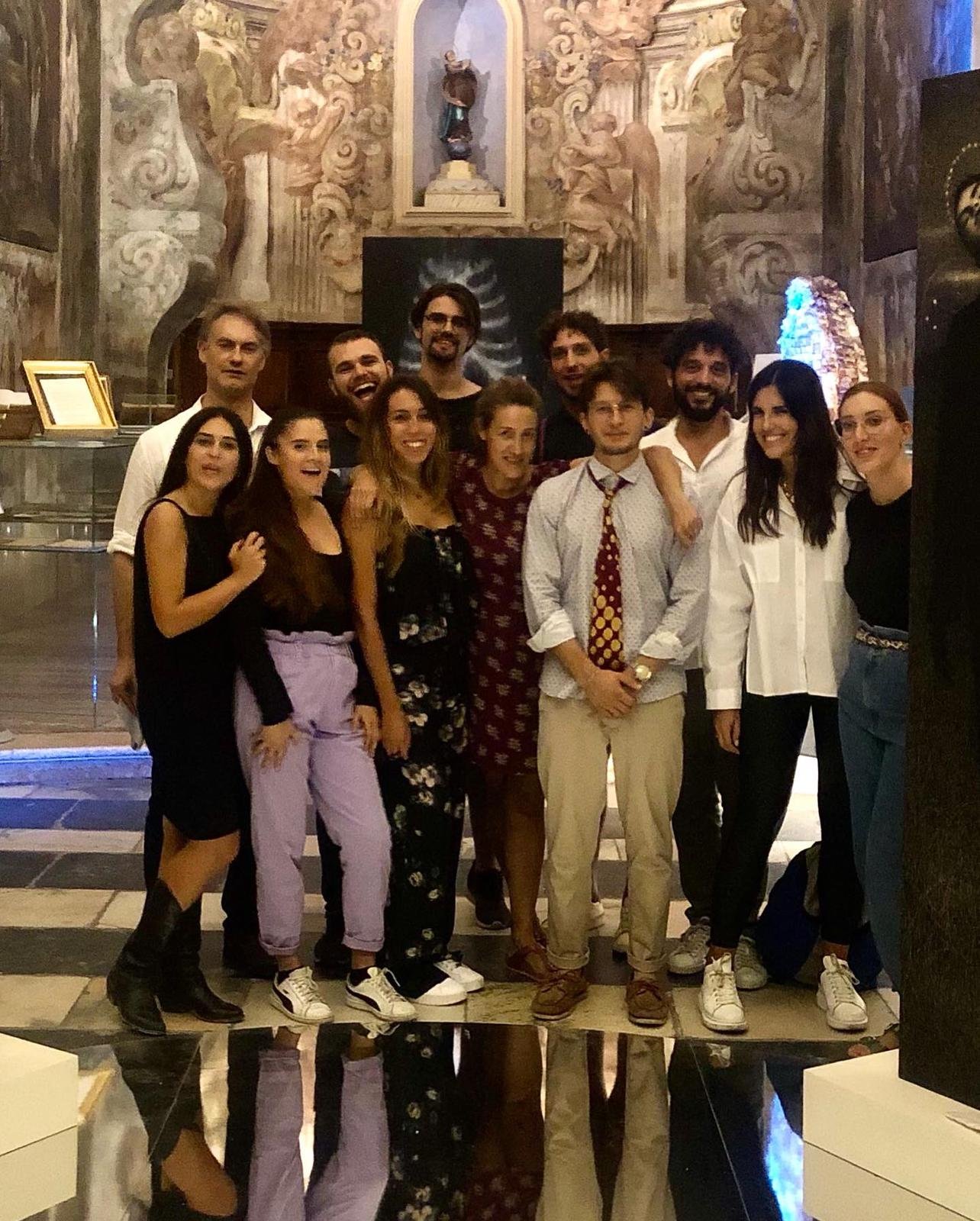
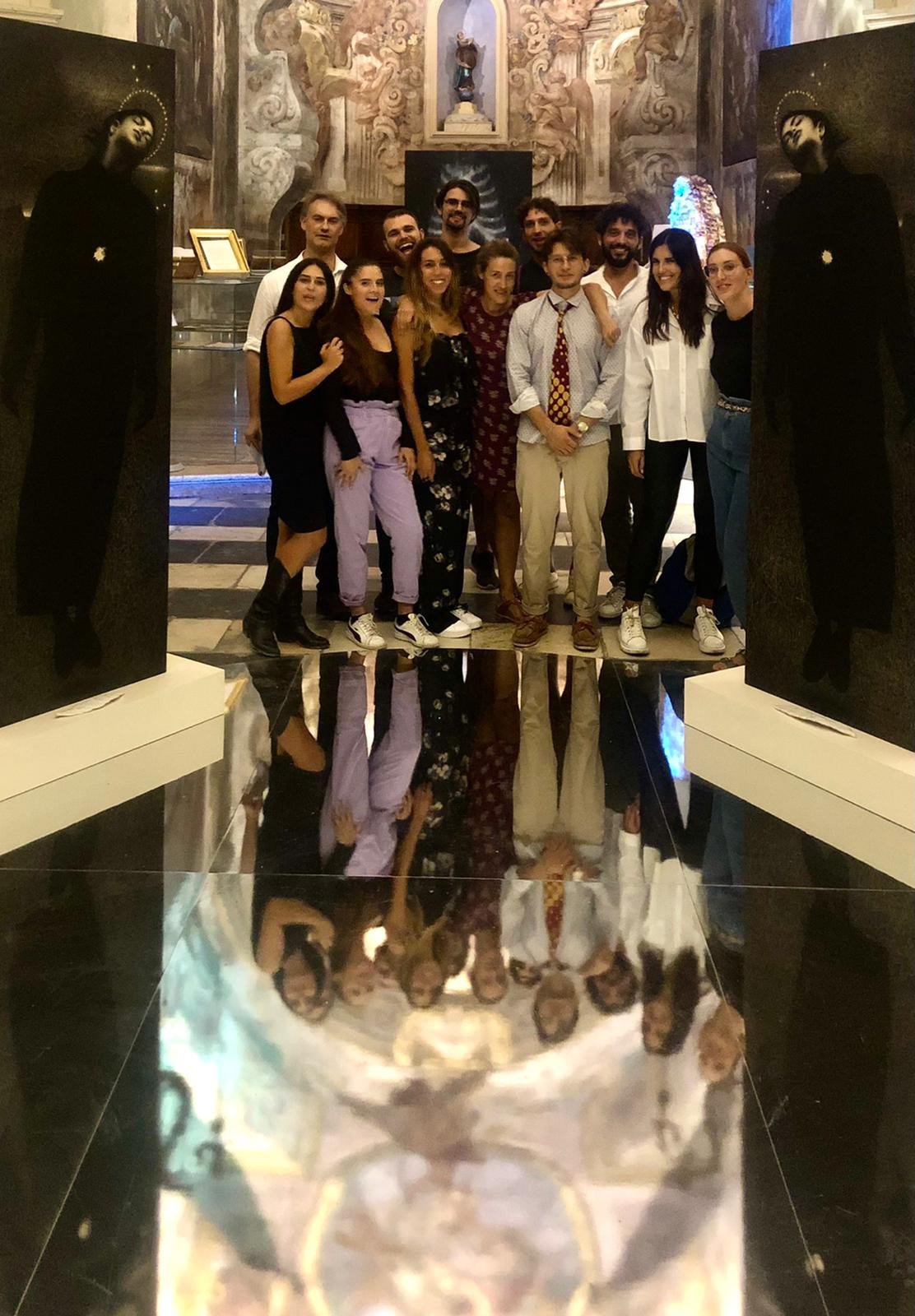
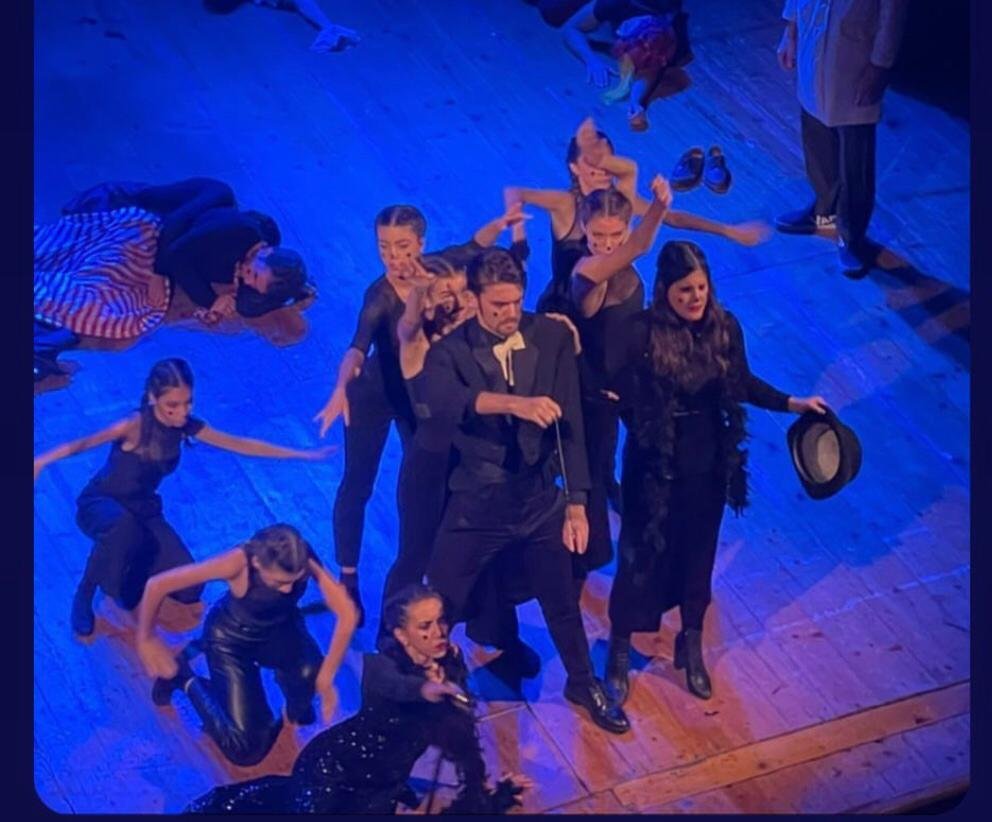
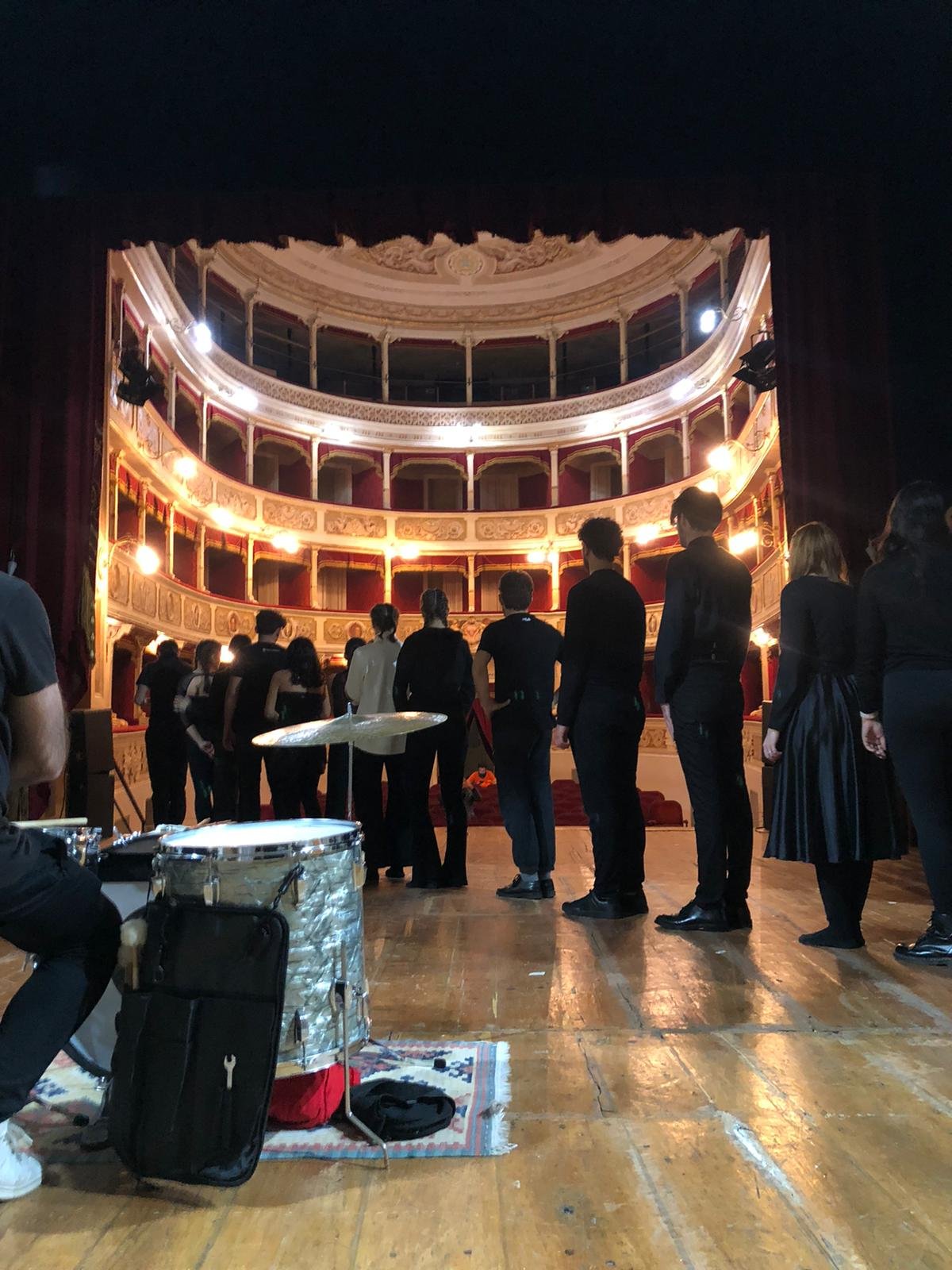
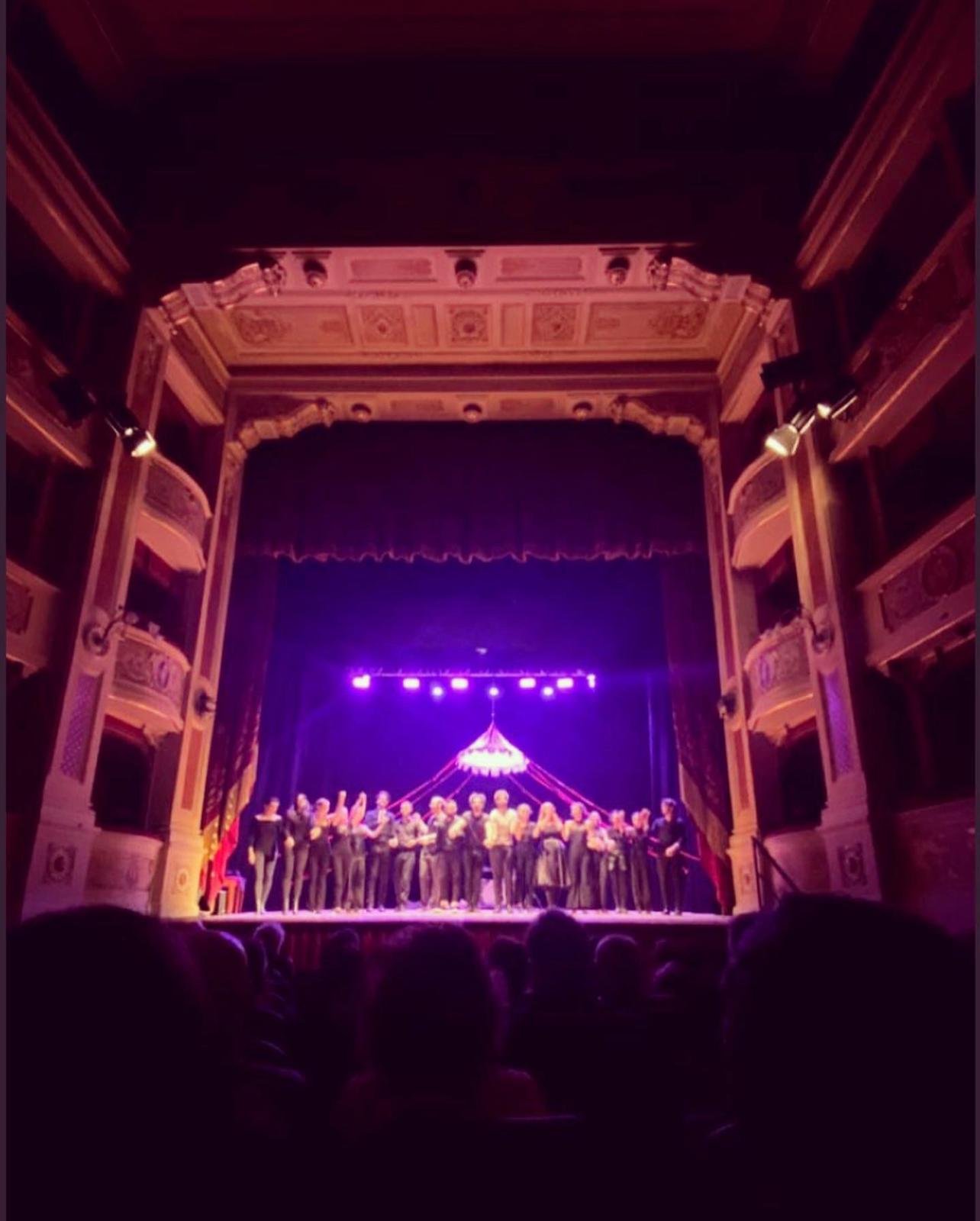
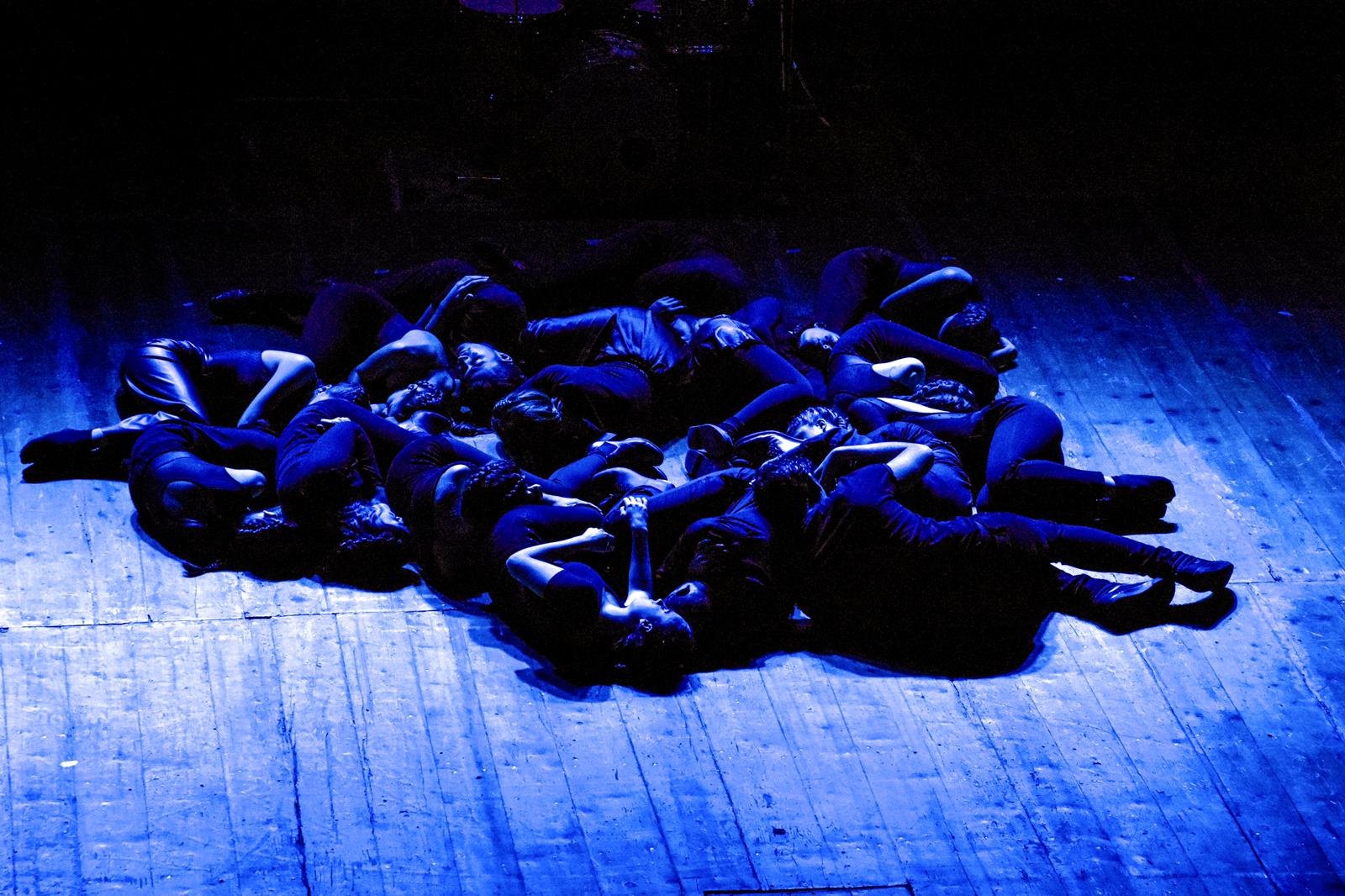
Photos of current and recent productions in Emilia-Romagna, courtesy of TT34, ChezActors, Il teatro di Grazzano Visconti, and Piacenza Kultur Dom
About Piacenza
At the heart of the Padana Valley, Piacenza rises on the right bank of the river Po, only 67 Km from Milan. At the final part of the ancient Via Emilia, the town is in the most northern and western part of the Emilia region. Piacenza has many stimulating pleasures for the artist’s inspiration, with many small treasures to discover and signs from the past, like its Cathedral, ‘Palazzo Gotico’ and ‘Palazzo Farnese’. Not to mention the wonderful noble mansions, its several churches and the narrow streets of the center, which are pedestrian only and hide pleasant glimpses and unexpected surprises.
Nearby, along the provincial road of the Val Nure, midway between Podenzano and Vigolzone, stands Grazzano Visconti, the quaint village recognized as a “Città d’arte” (City of Art) by the Emilia Romagna Region in 1986, where time seems to have stopped in the Middle Ages.
Backstage of a theatrical lab | Documentary by Roberto Dassoni, Piacenza 2019
About Rome
Rome may be famous for its history but make no mistake - today, it is a cosmopolitan metropolis which is home to both ancient ruins and a vibrant contemporary culture. Rome culture is an eclectic mix of high culture, the arts, fashion and historic architecture. Daily life centers around enduring Rome traditions rich in religion and food. It is this contrast of historic and modern culture and traditions that defines Rome as the Eternal City.
Founded in 1962, the John Felice Rome Center is the oldest U.S. university program in Rome. History and culture will come alive in your classroom discussions and on-site excursions—and you’ll see the true Italy that mere visitors rarely see.
At the JFRC, you can enjoy all the excitement of a location convenient to the bustling historic center of the city, while living and attending class in a residential Roman neighborhood away from the tourist throng. It's the best of both worlds.
APPLY NOW
**
APPLY NOW **
FINANCIAL AID LINKS
The DFPA is offering scholarships of $1000 to support you participating in this Summer Study Abroad theatre program. With the support of the Department of Fine and Performing Arts, and generous gifts from donors, a pool of $10000 of department level scholarship funding was identified to support students wishing to participate in this summer’s Loyola Summer Study Abroad programs. The opportunity is only available to those that have an active application submitted for the Italy theatre program and are a declared major or minor in a DFPA academic program. Funding consideration will be based on financial need and impact. If awarded, funds would be applied directly to the cost of tuition and program fees.
To apply for this departmental scholarship opportunity:
Prepare a letter of interest, 250 words or less, articulating your need and the potential impact of the scholarship
Email directly to Lee Keenan, Director of Theatre (lkeenan@luc.edu), with the subject line SUMMER ABROAD SCHOLARSHIP
Scholarship Submission Deadline: March 3, Notification of awards and amounts will be sent by March 6 ahead of the commit deadline.
Must have an active application for the program submitted when you apply for the scholarship.
The U.S. Department of State’s Benjamin A. Gilman International Scholarship Program enables students of limited financial means to study or intern abroad, providing them with skills critical to our national security and economic prosperity.
For more information, see the Gilman website.
About the instructor: Denise Yvette Serna (she/ella)
Denise is a multifaceted theatre practitioner whose creative journey has been marked by a deep commitment to artistic exploration, advocacy, and innovative storytelling. With a diverse background encompassing acting, directing, and education, Denise brings a wealth of experience and a passion for promoting inclusivity and meaningful engagement within the performing arts.Denise's visionary approach brings fresh perspectives to classic works and contemporary pieces alike. Her keen eye for detail and dedication to authentic storytelling lead to productions that resonate on both intellectual and emotional levels. Through her direction, Denise consistently seeks to challenge norms and create thought-provoking experiences that linger in the minds of theatregoers long after the final curtain call.Beyond her creative contributions, Denise Yvette Serna is recognized for her commitment to using theatre as a tool for positive change. She has been a vocal advocate for diversity, equity, and inclusion in the performing arts, working tirelessly to ensure that underrepresented voices are heard and celebrated on the stage. Her work as an educator and mentor further underscores her commitment to nurturing the next generation of theatre artists and empowering them to embrace their unique perspectives.As a theatre practitioner, Denise continues to seek out opportunities that align with her values and vision. Her journey is a testament to the transformative power of the arts and the potential they hold to create connections, spark conversations, and inspire change. Whether she is directing, acting, teaching, or championing inclusivity, Denise Yvette Serna's contributions enrich the theatre landscape with authenticity, innovation, and unwavering dedication.For inquiries, collaborations, or to learn more about Denise's work, visit deniseyvetteserna.com